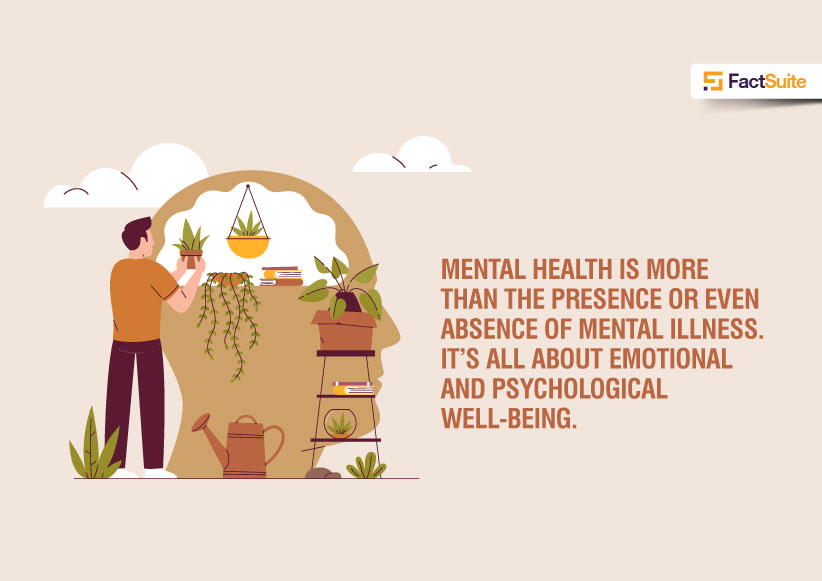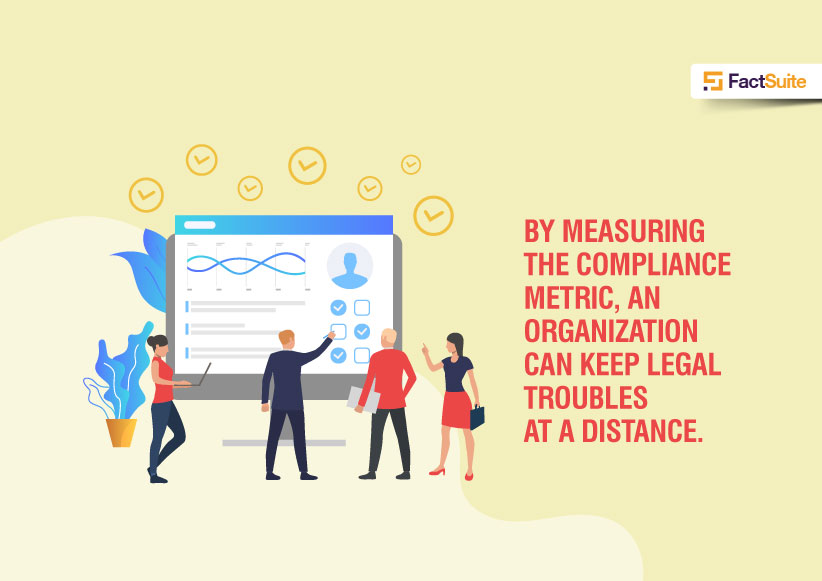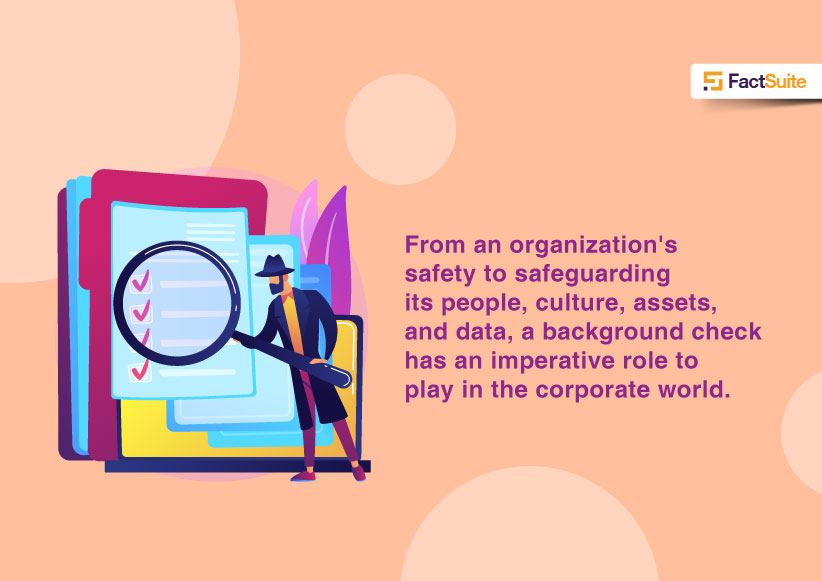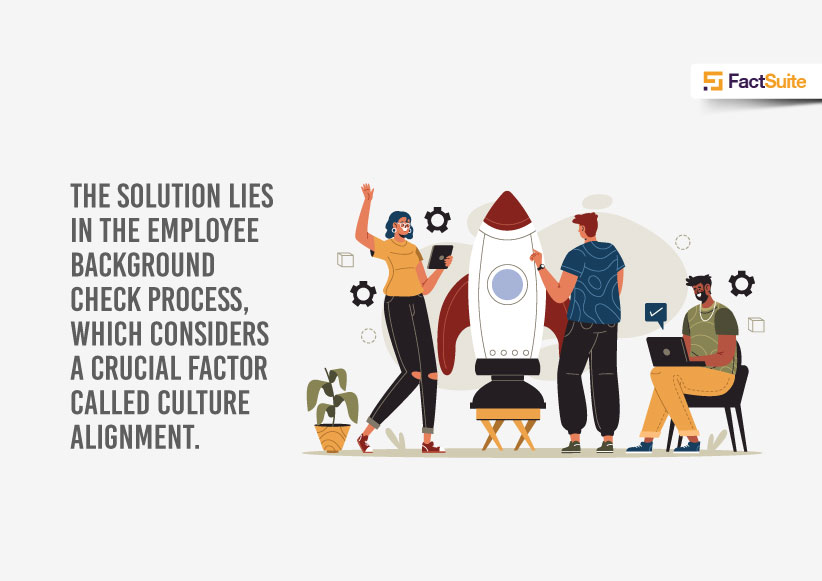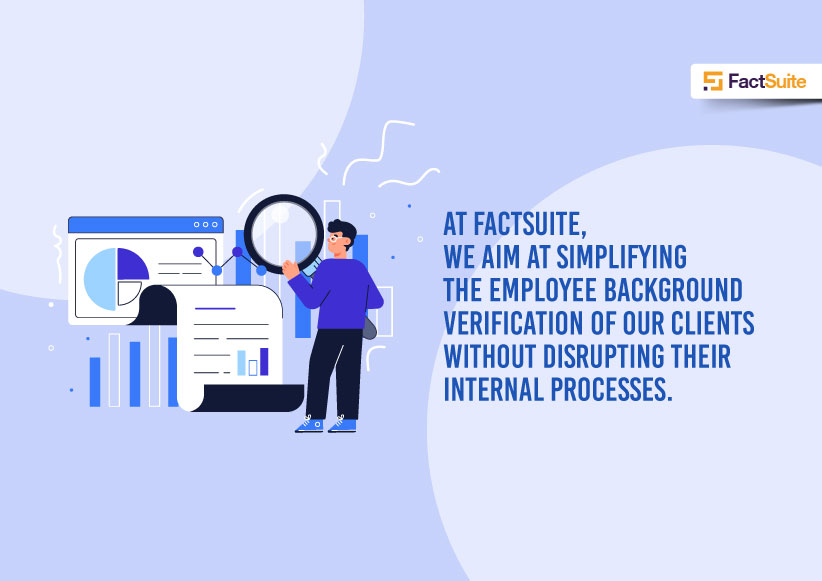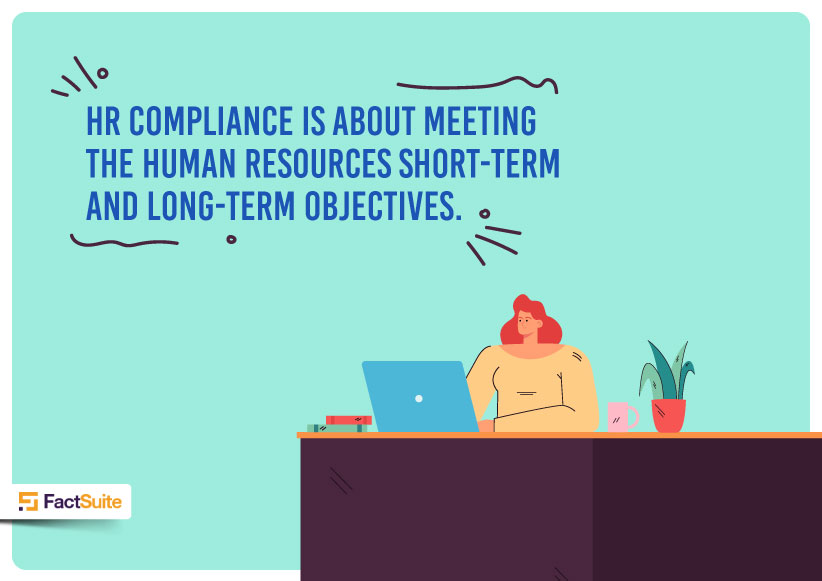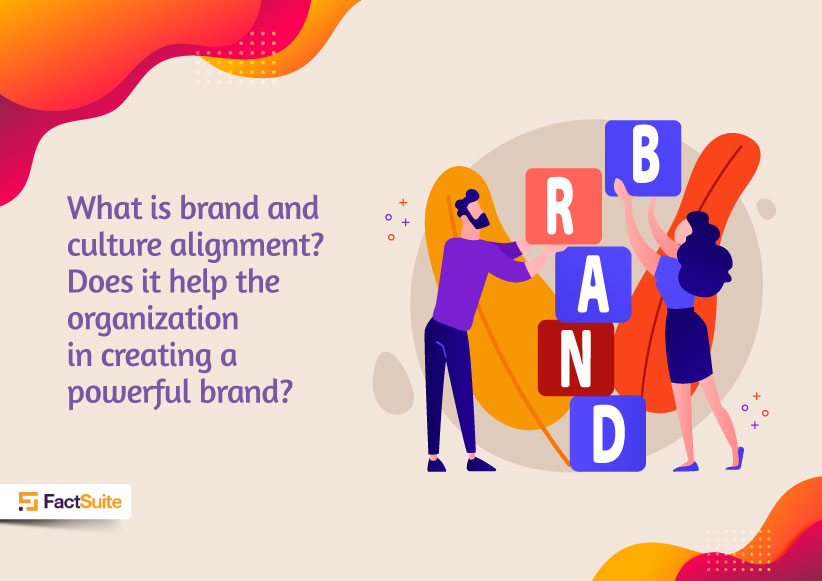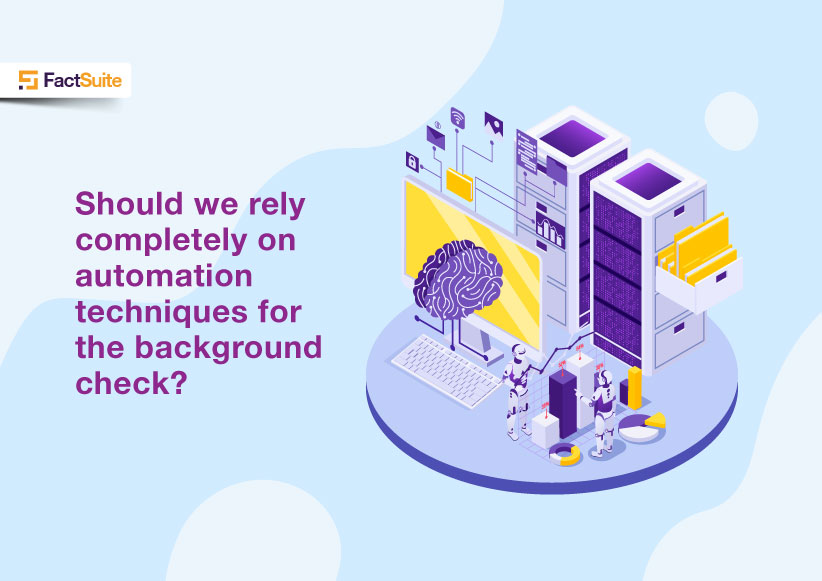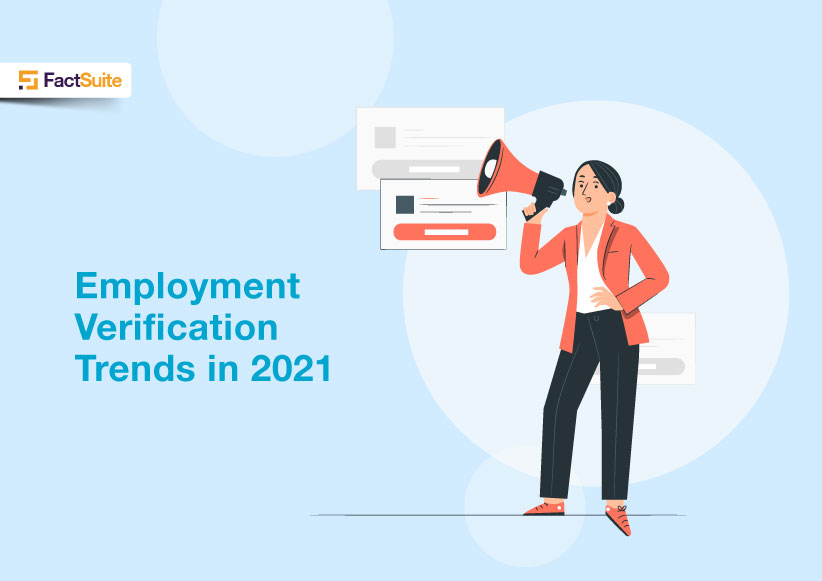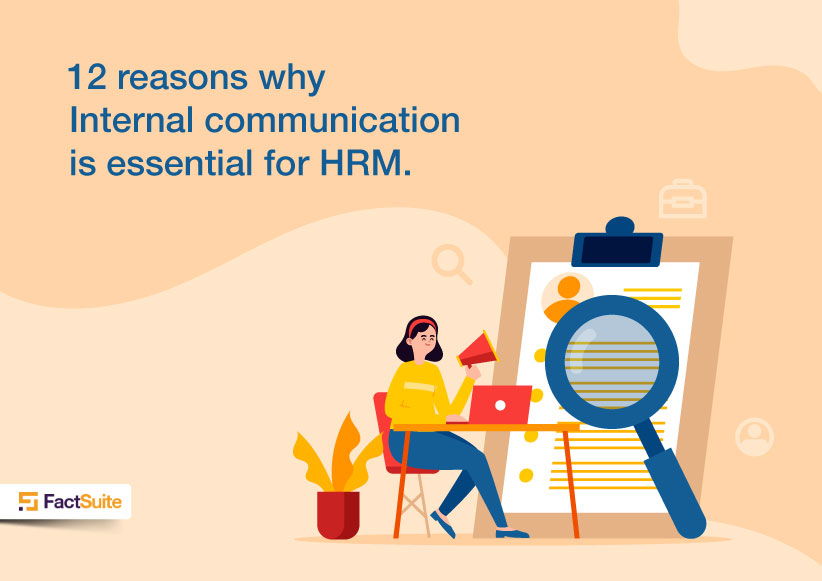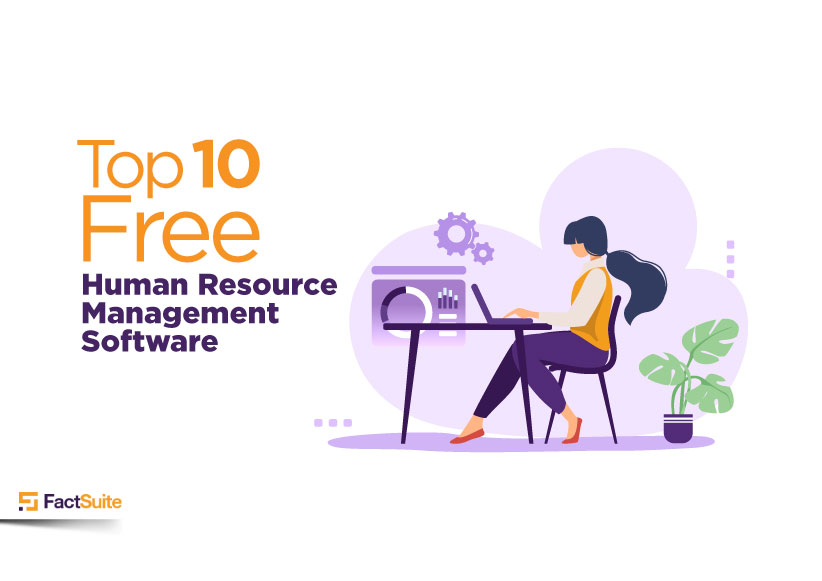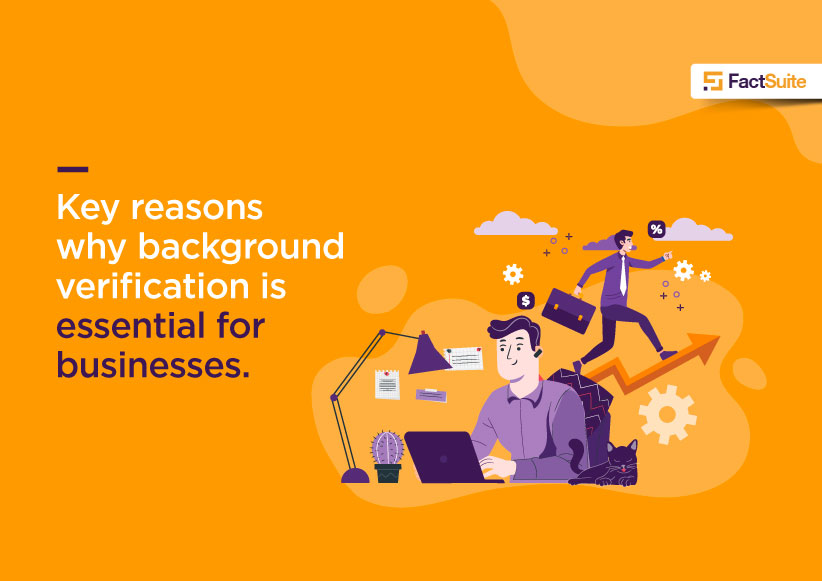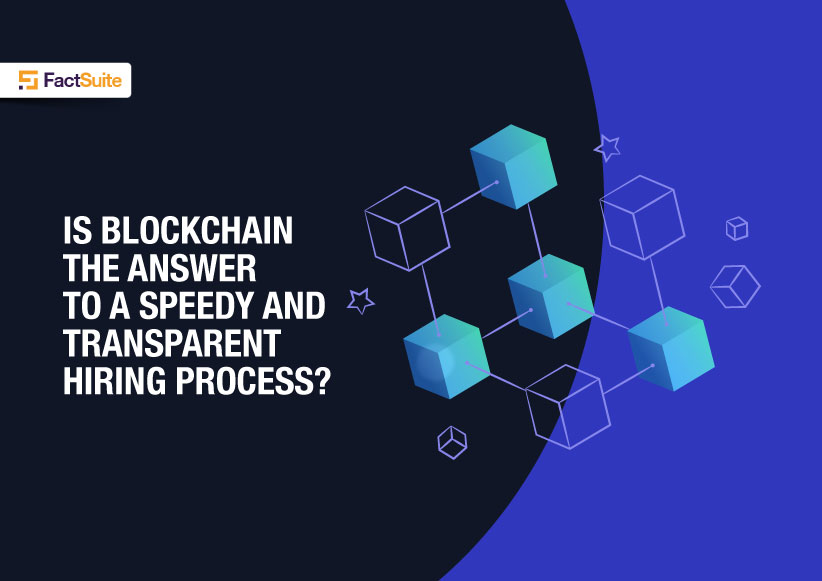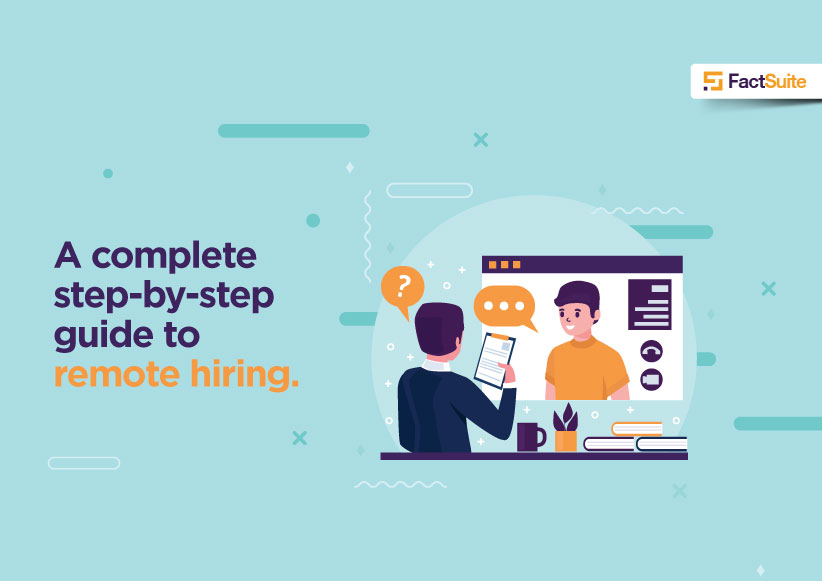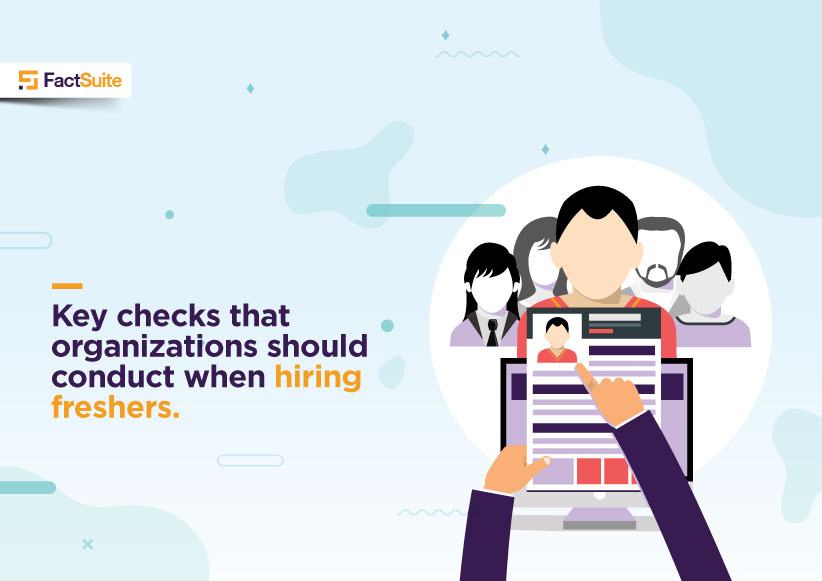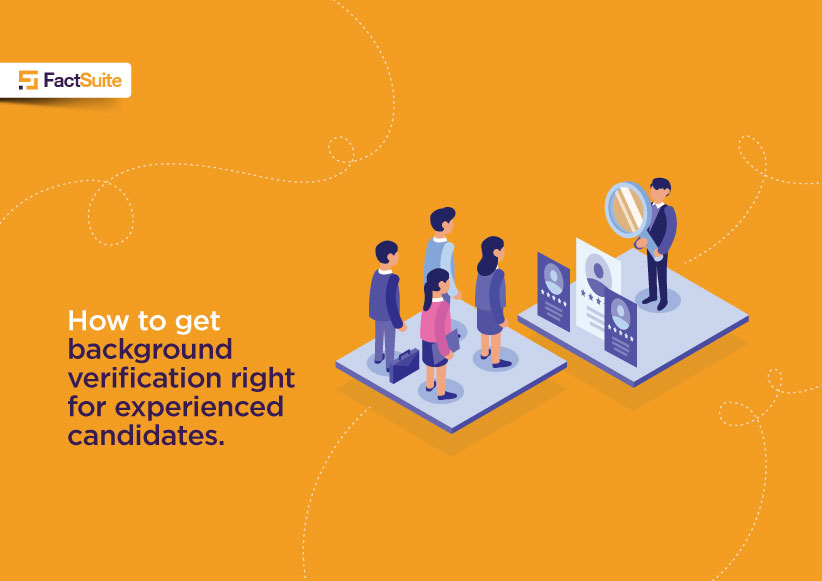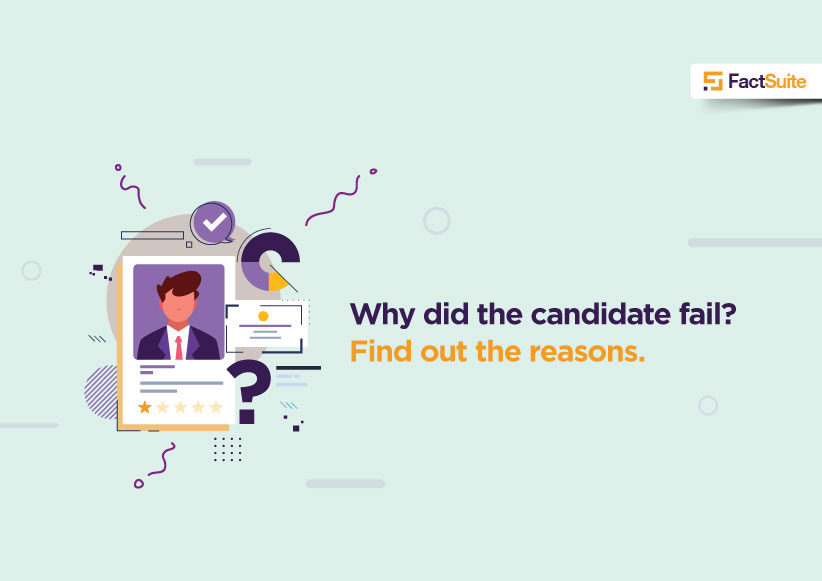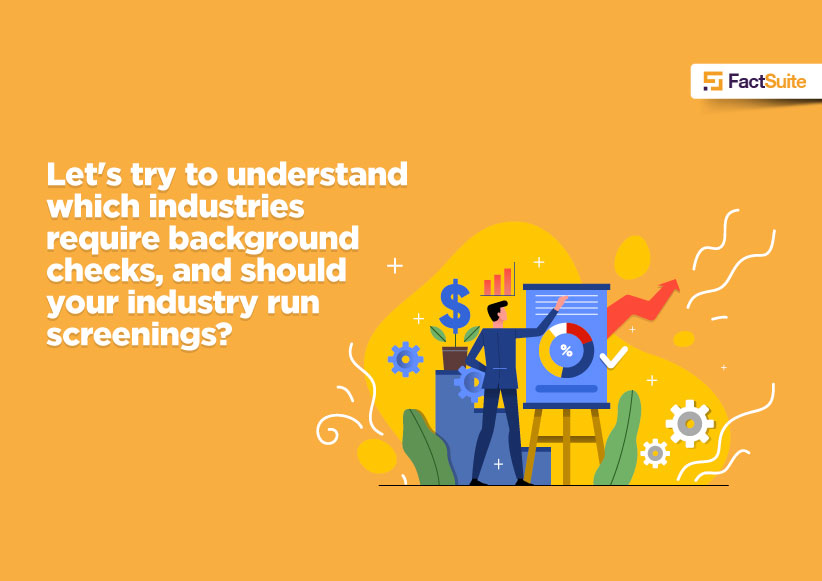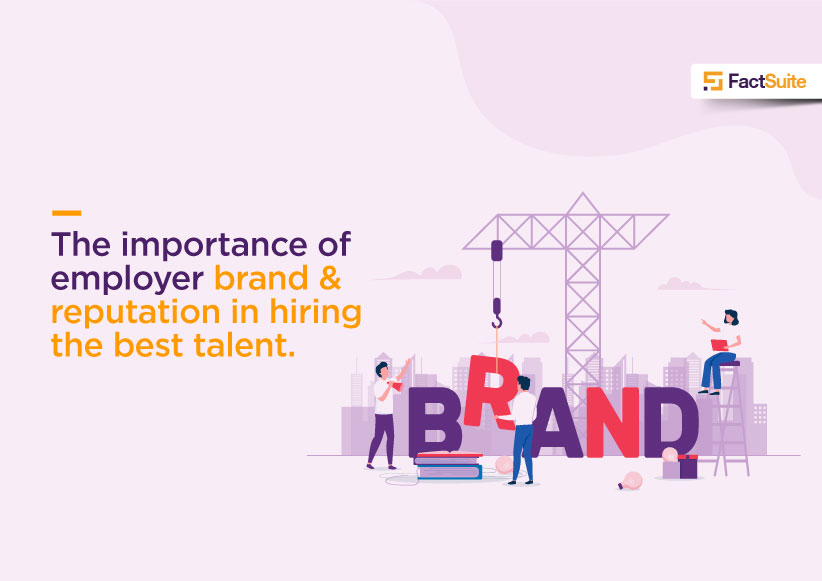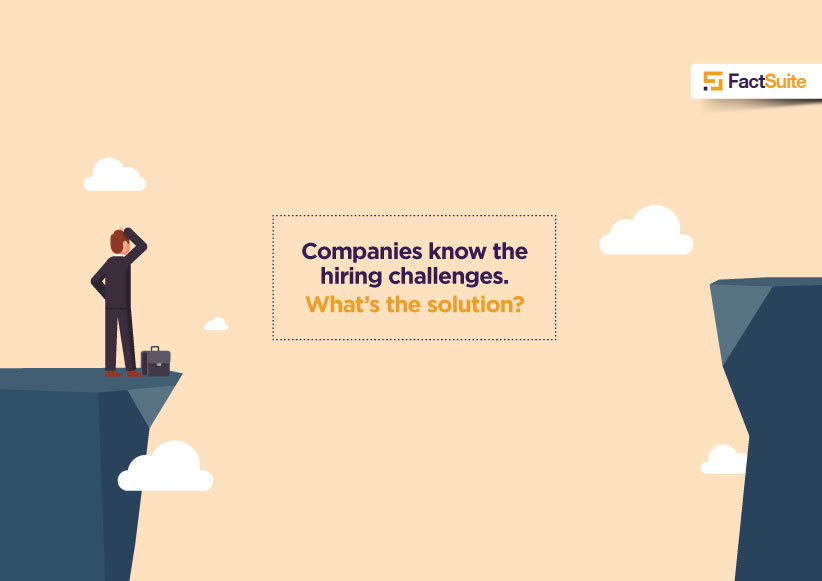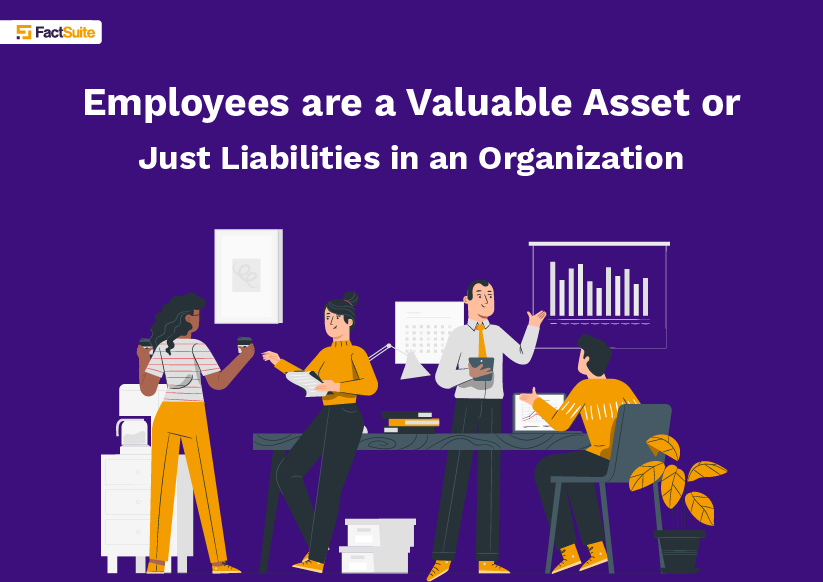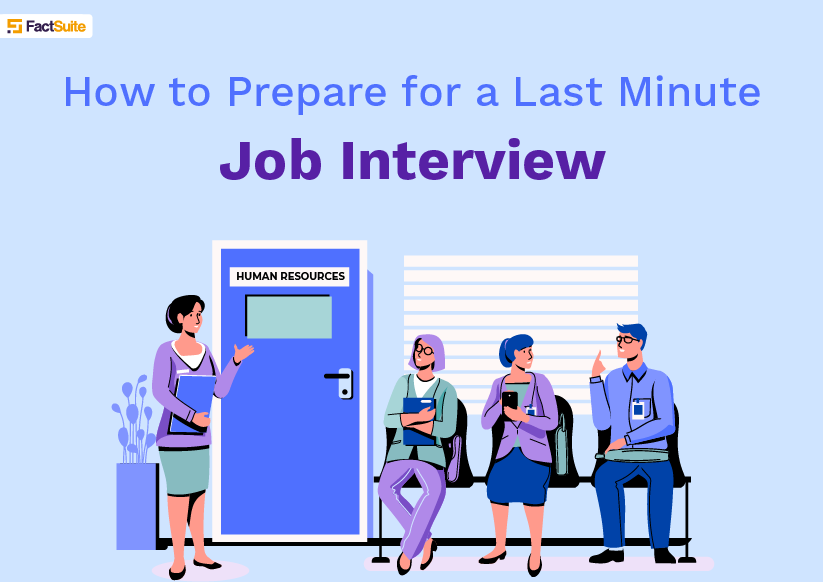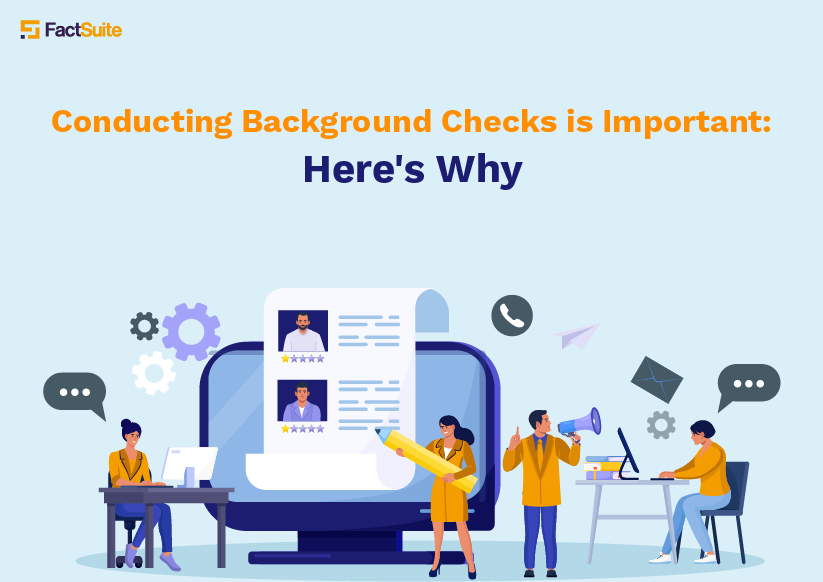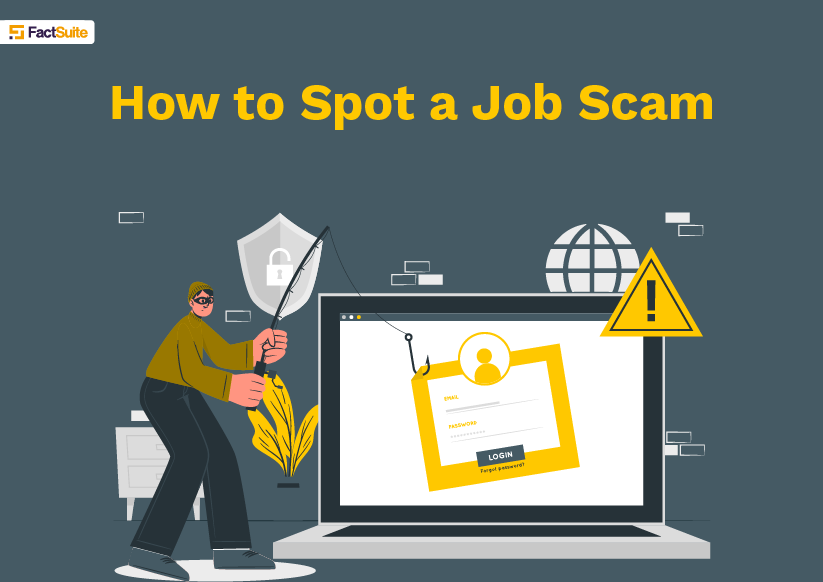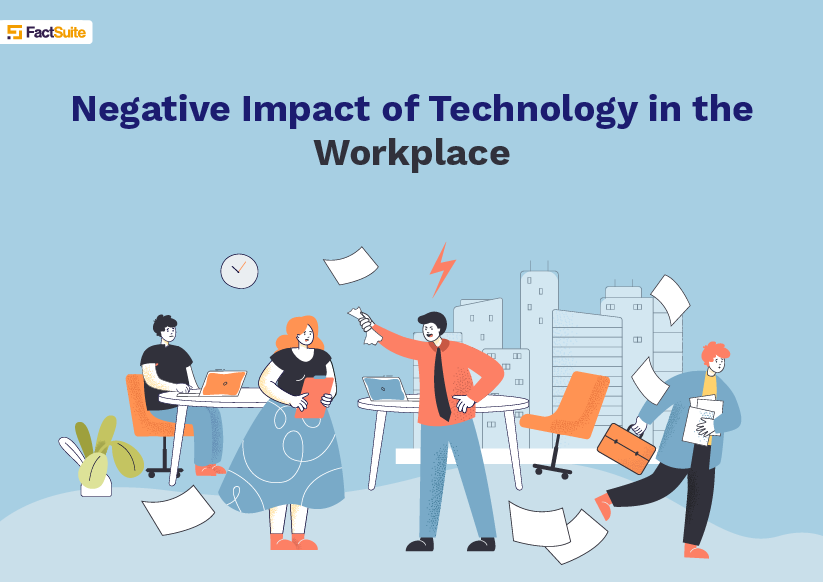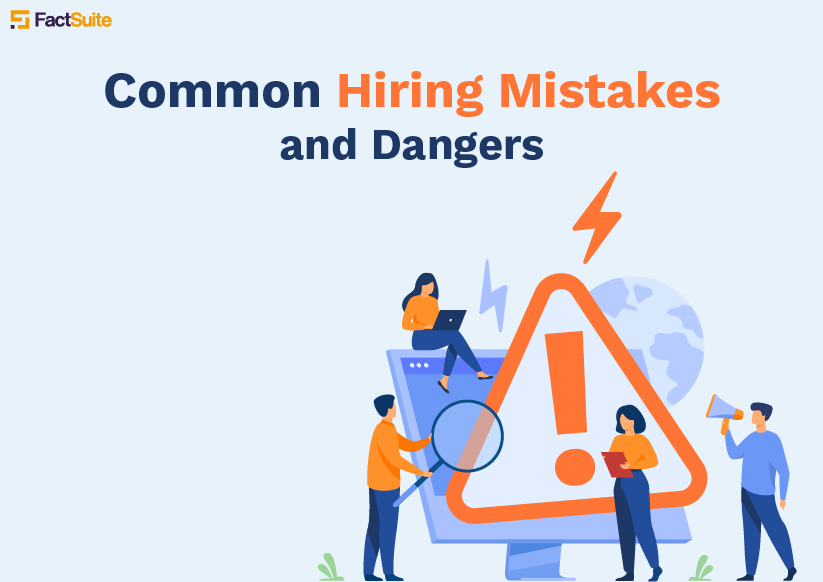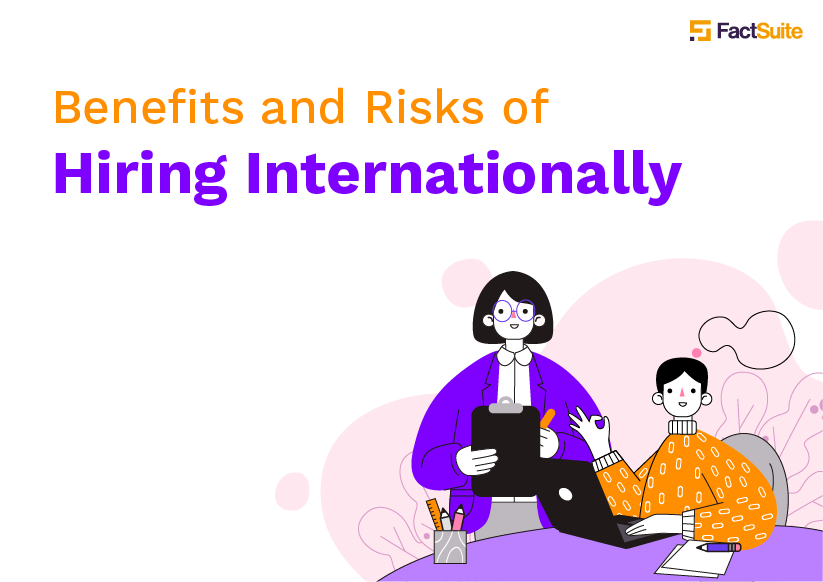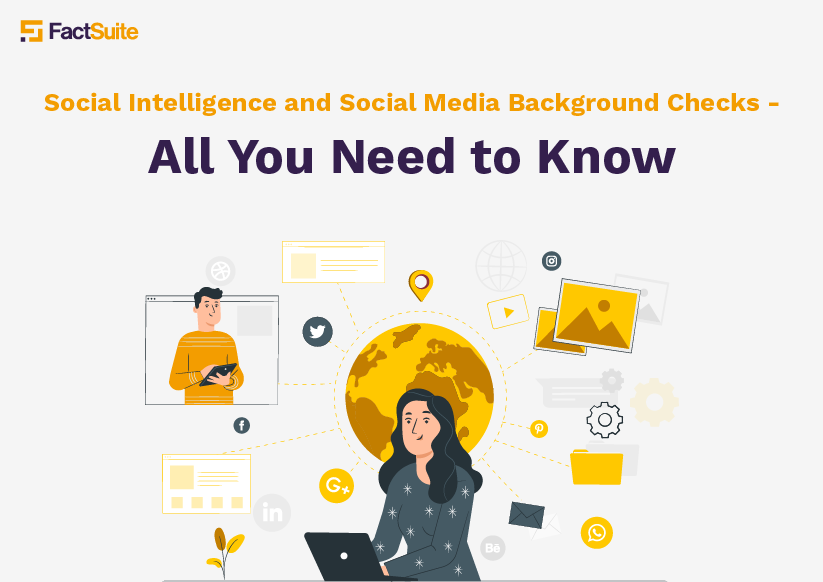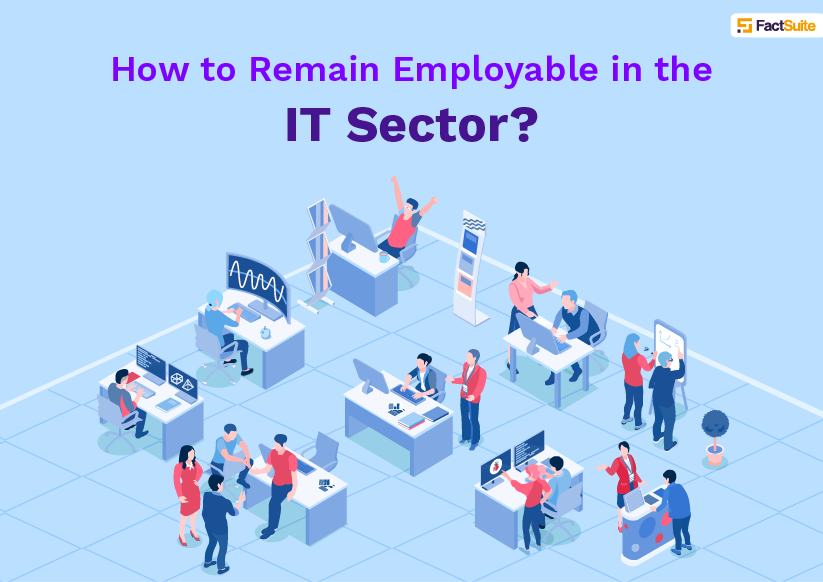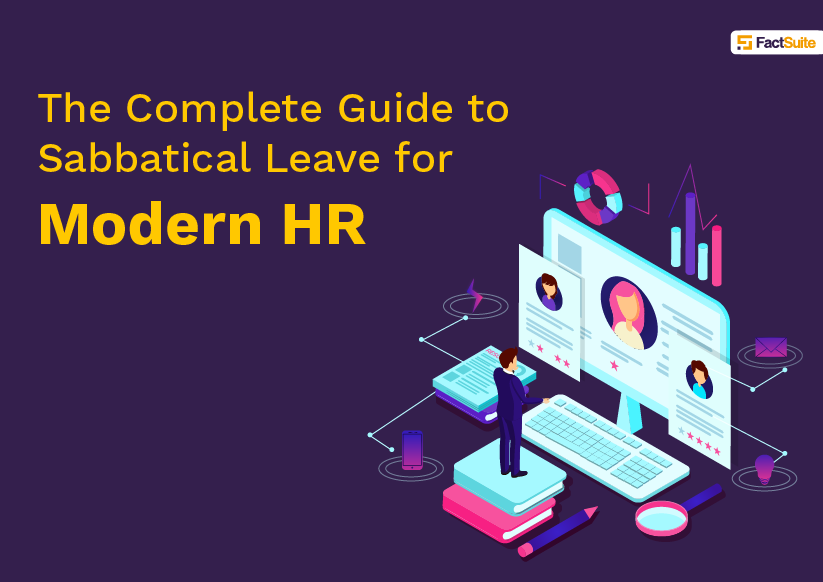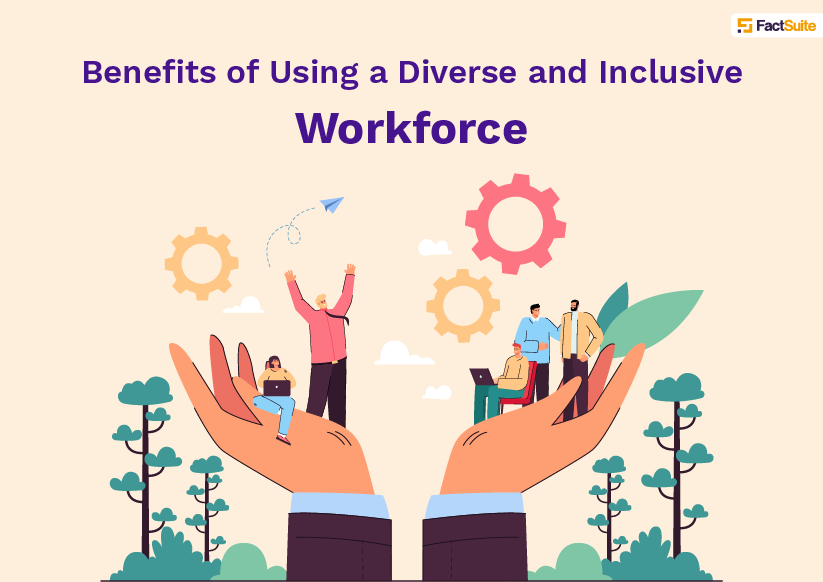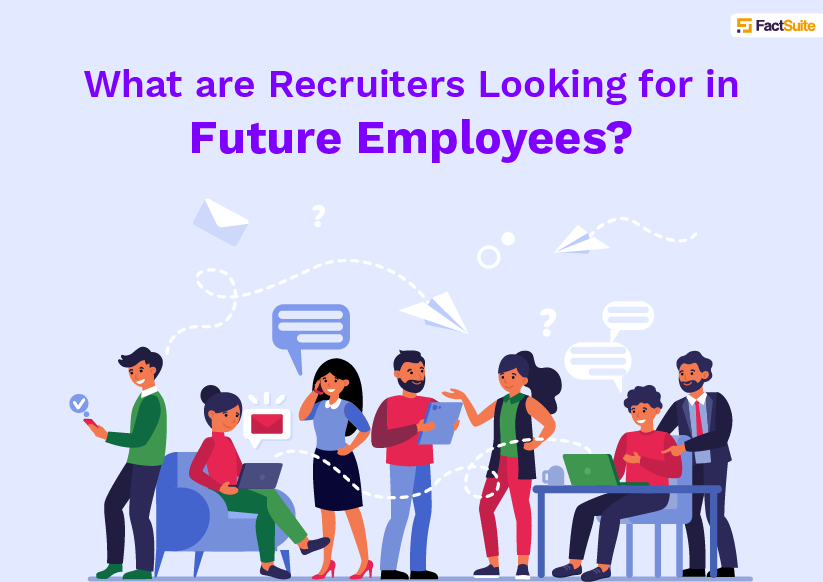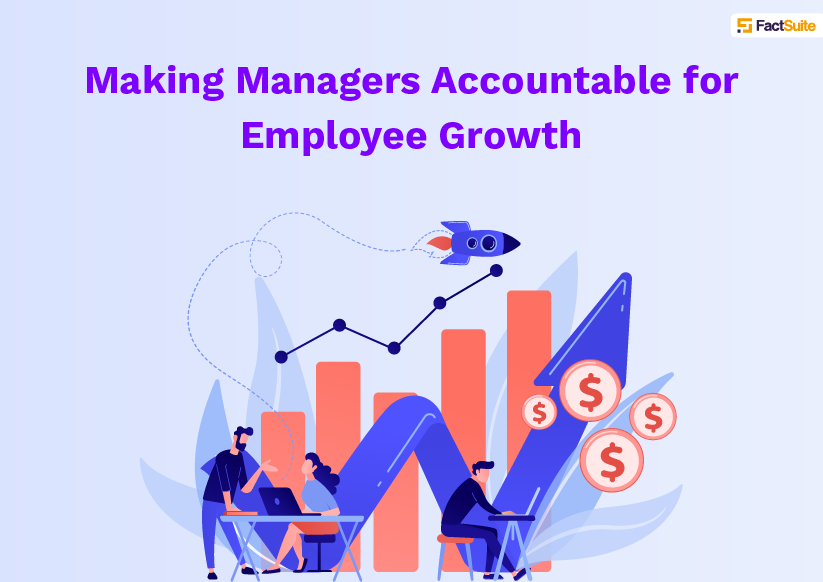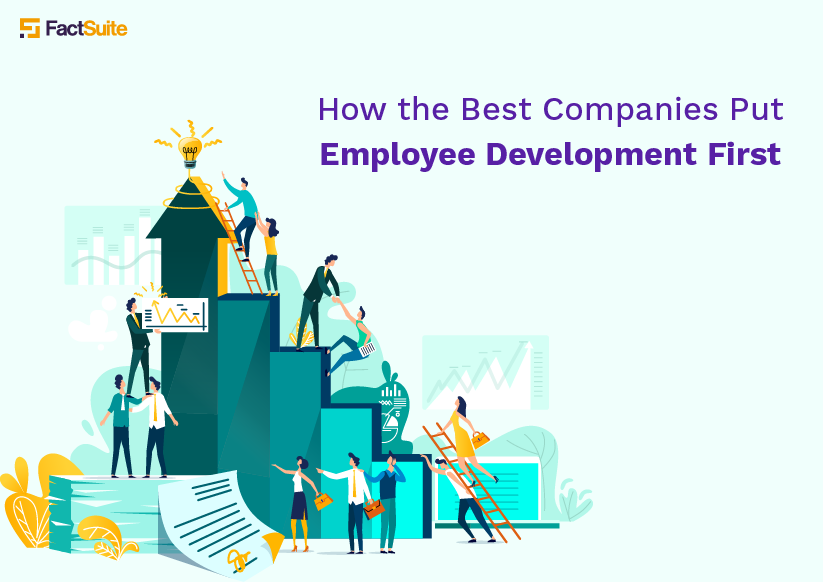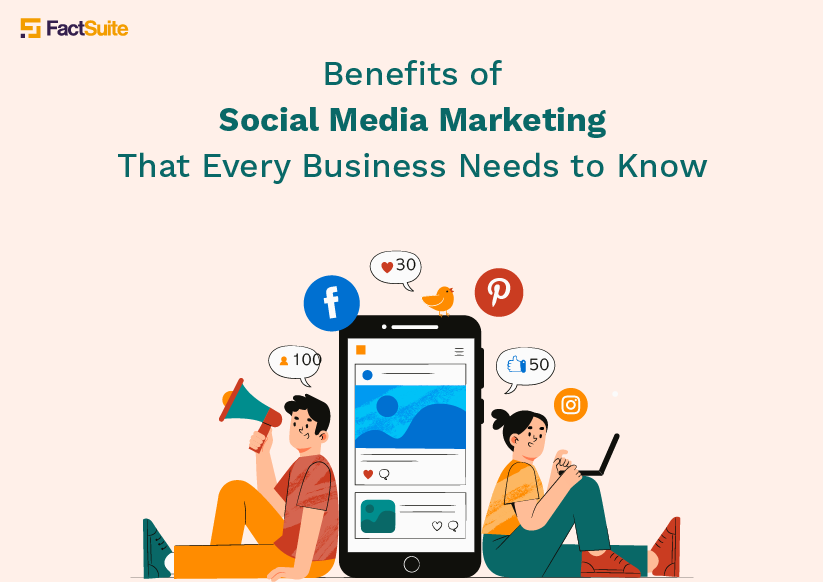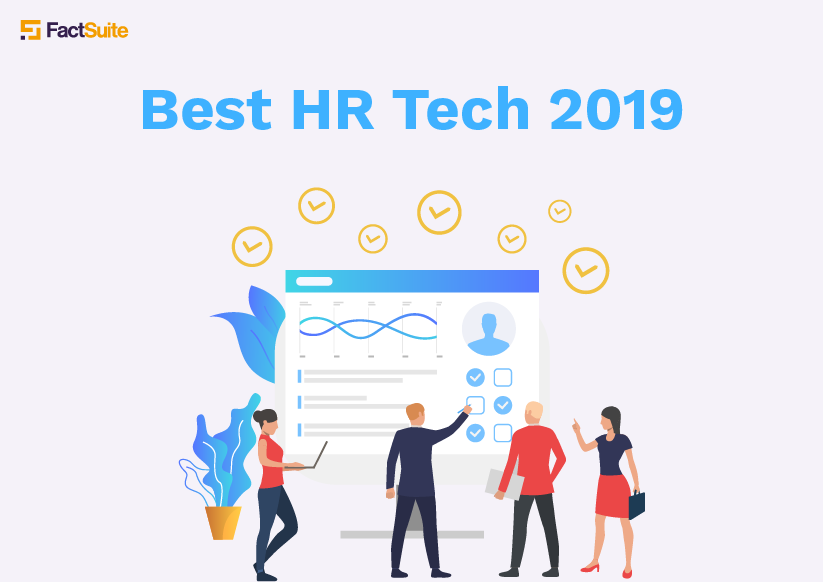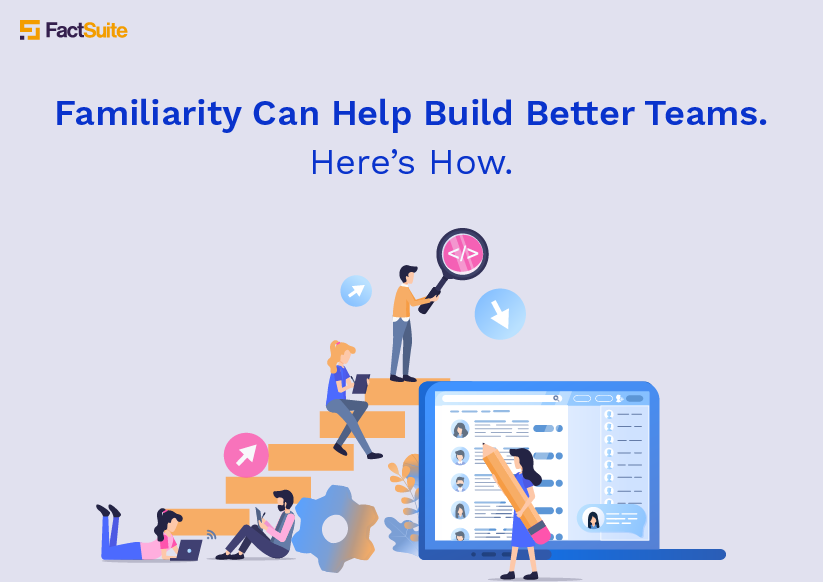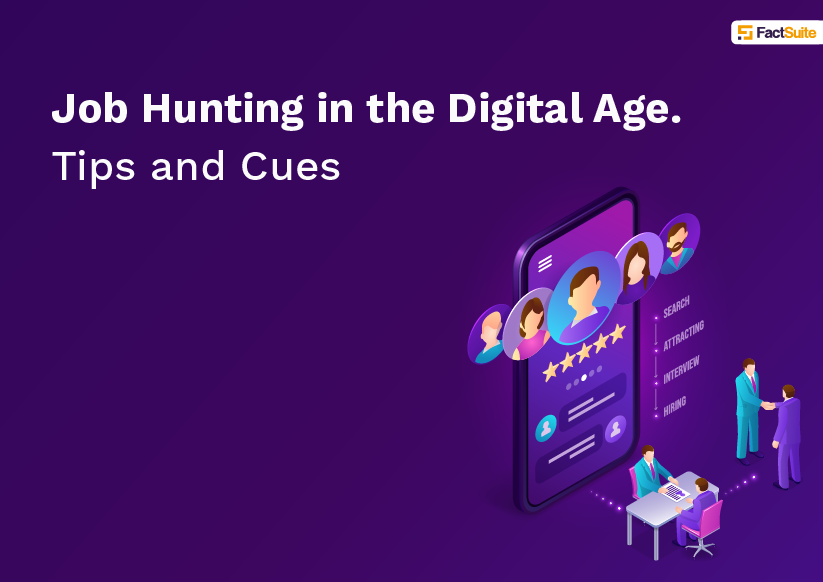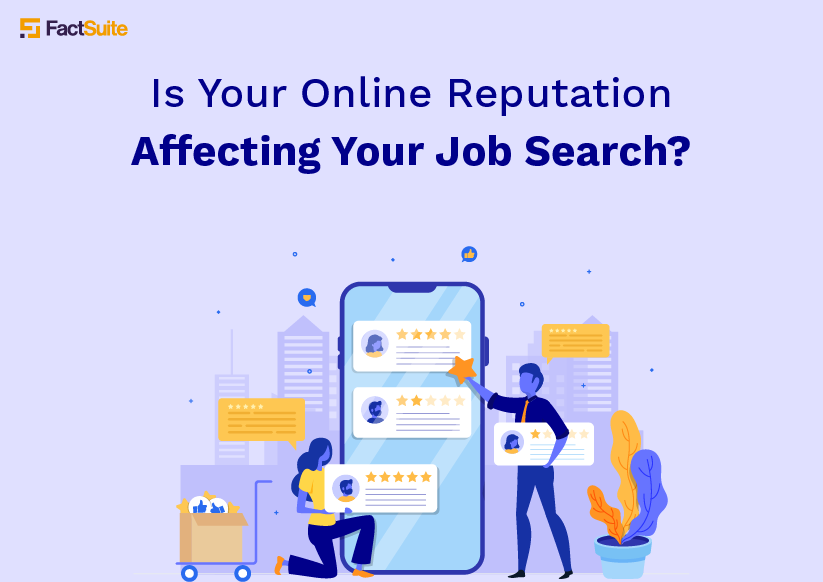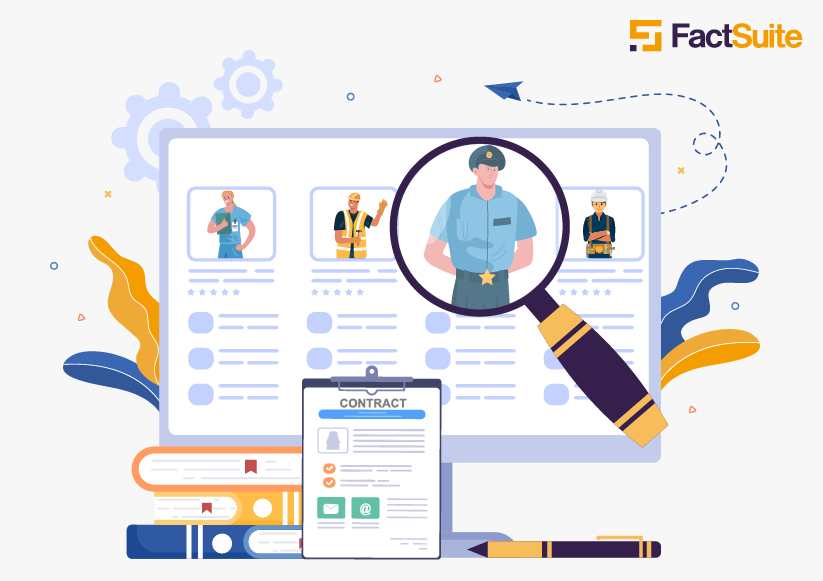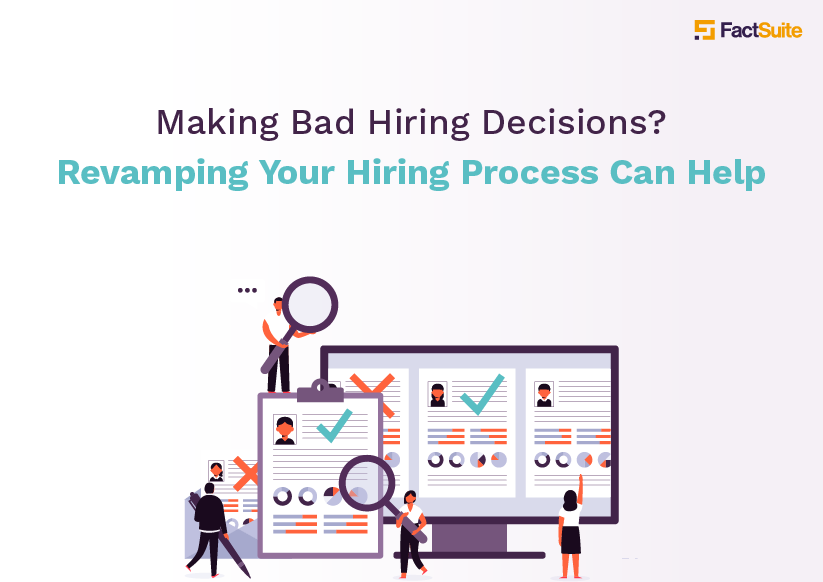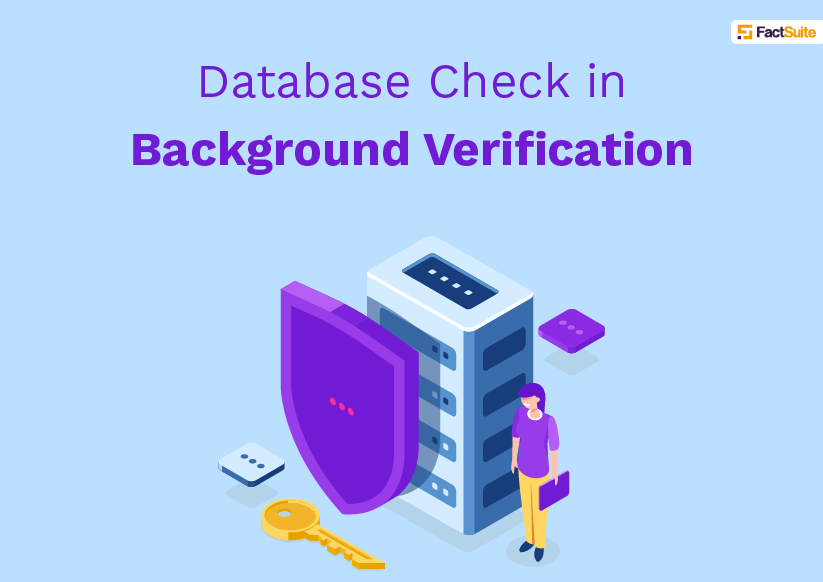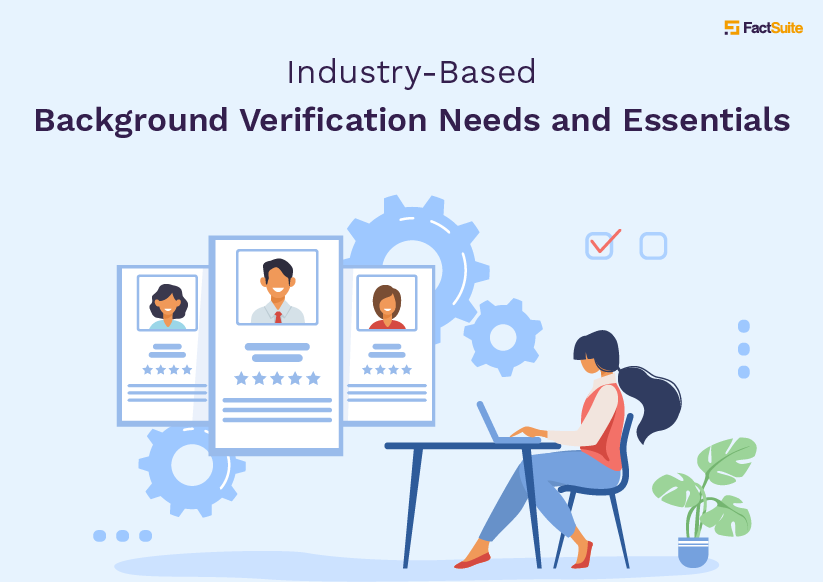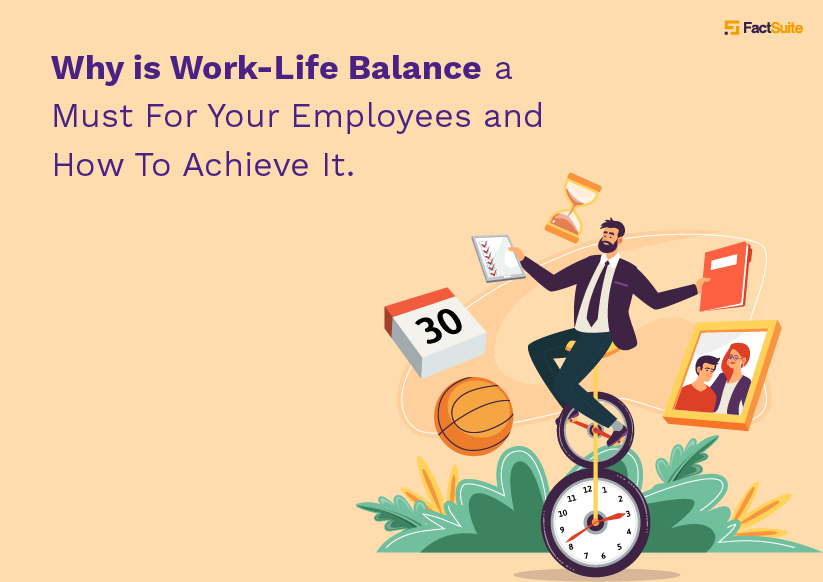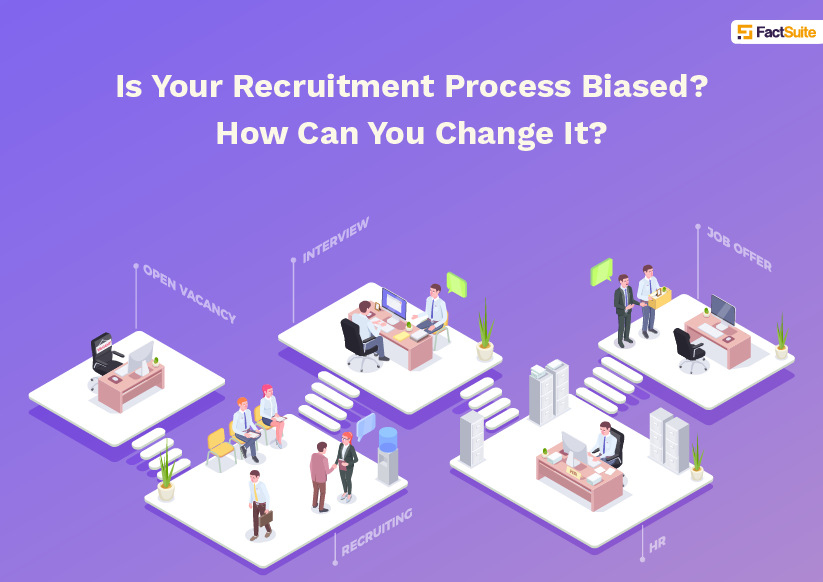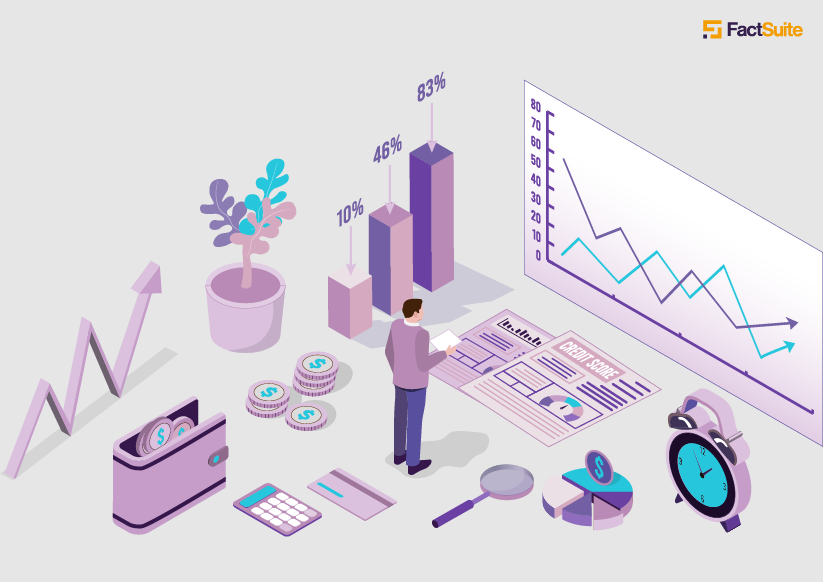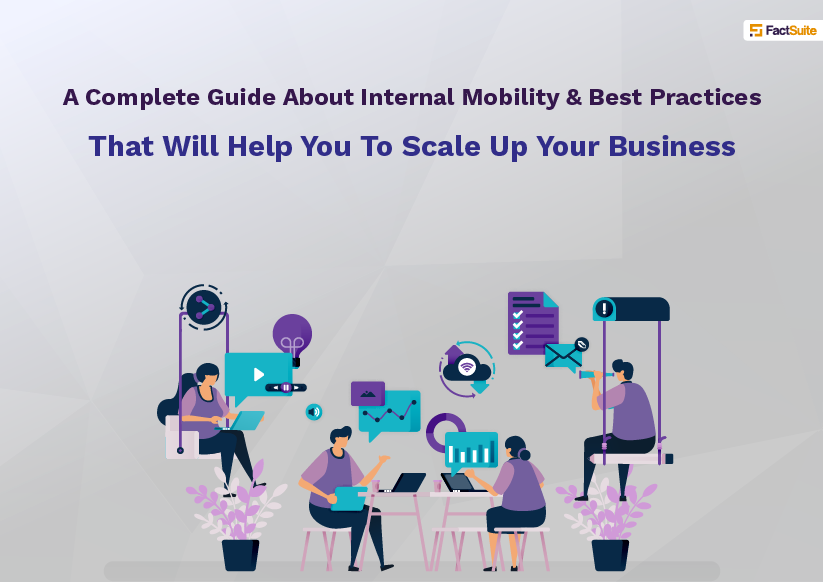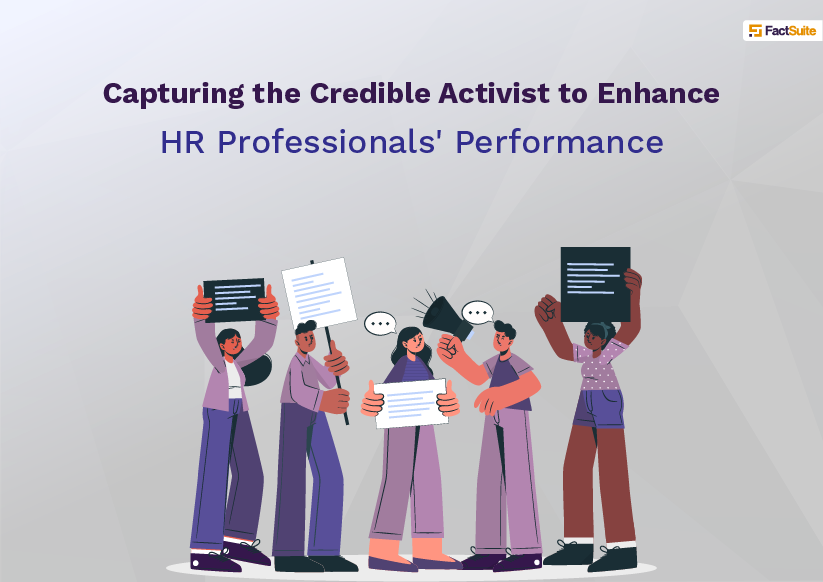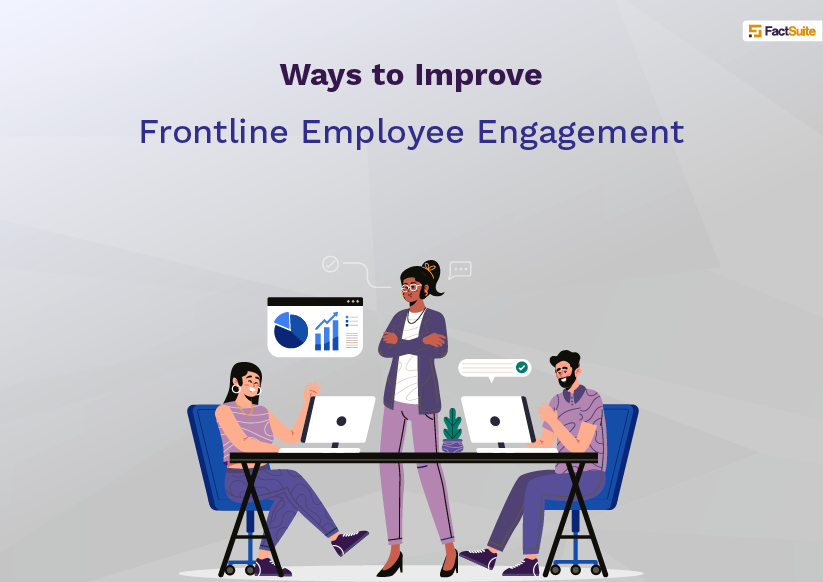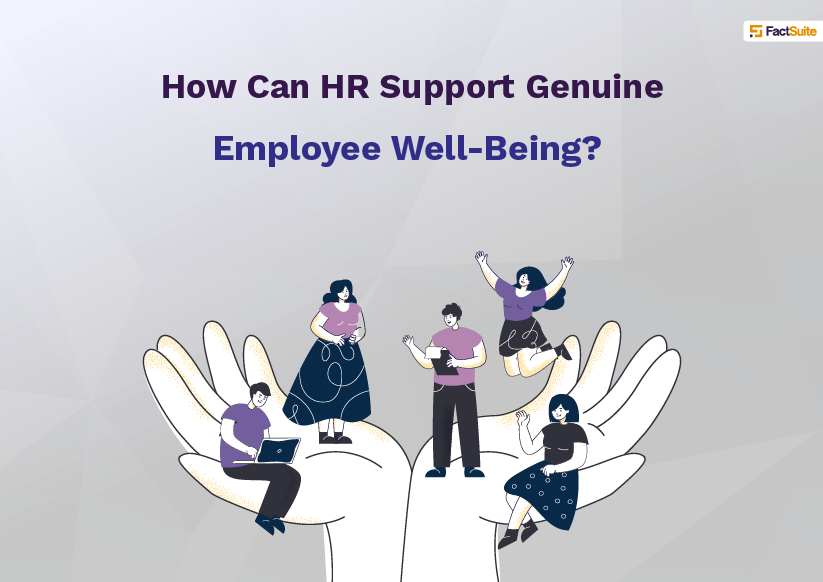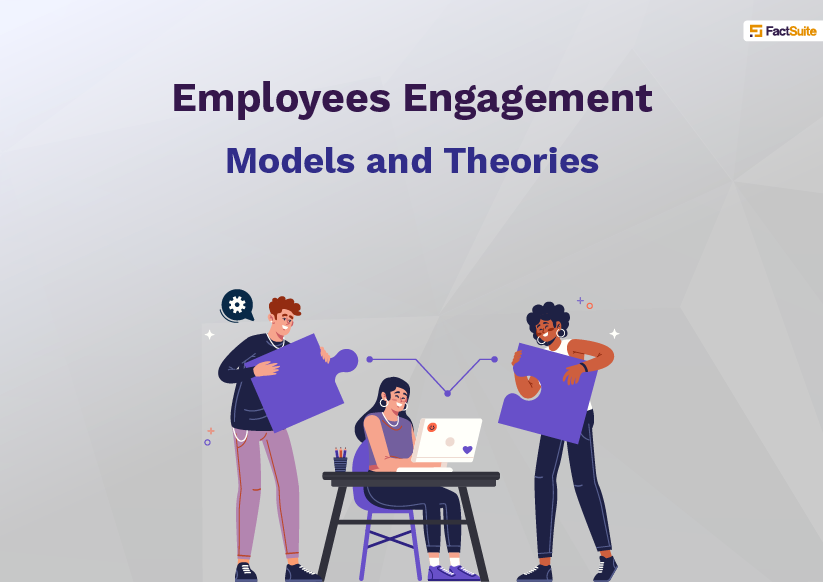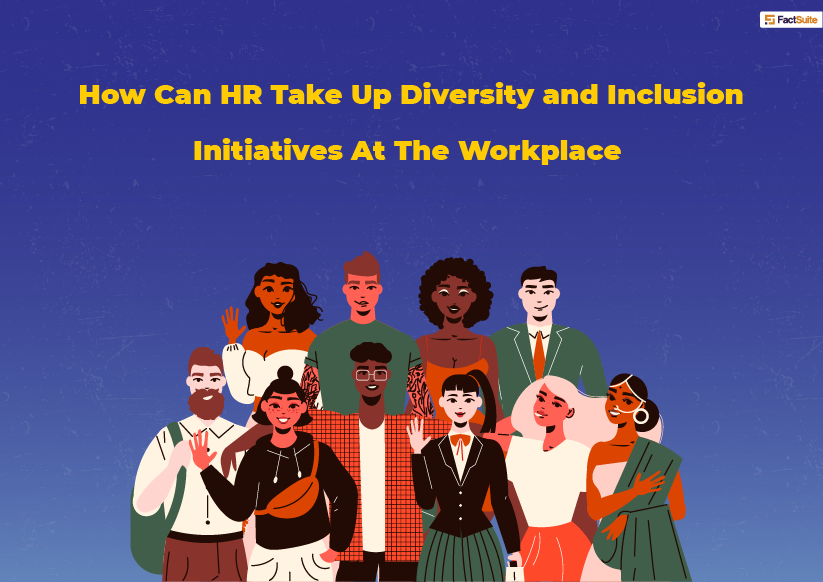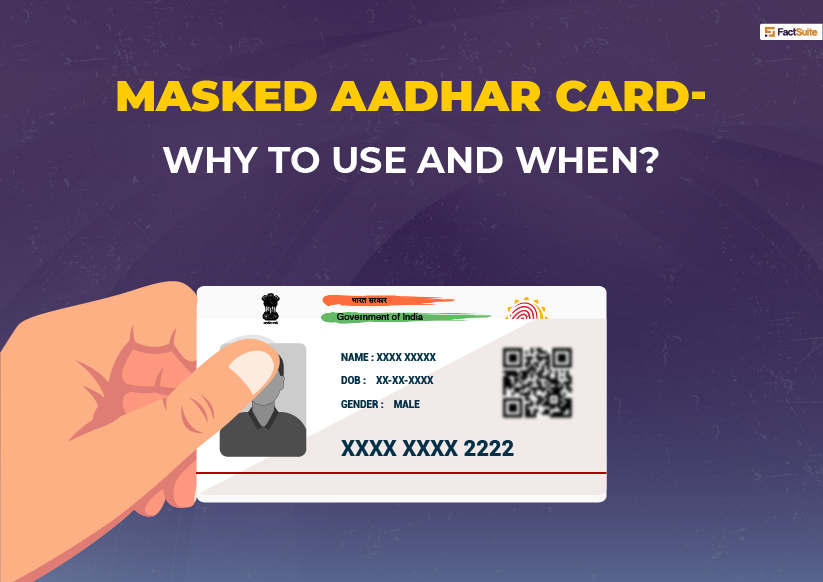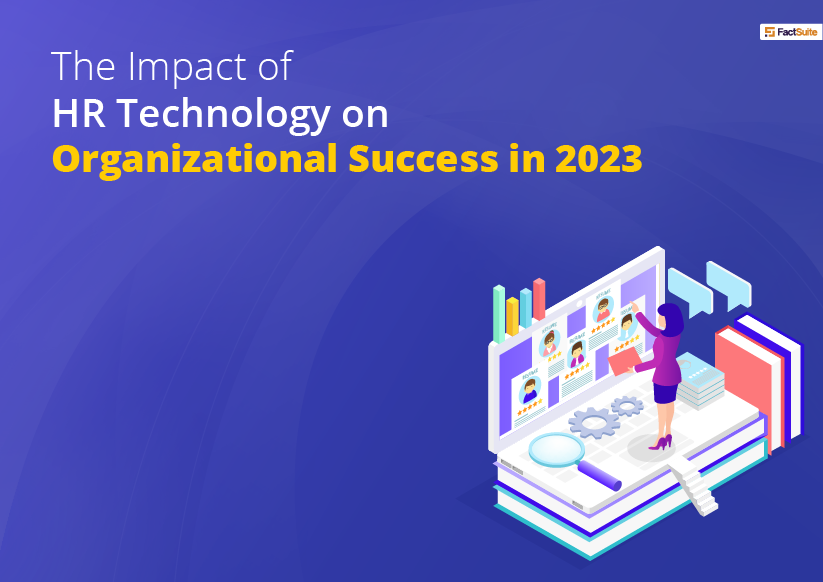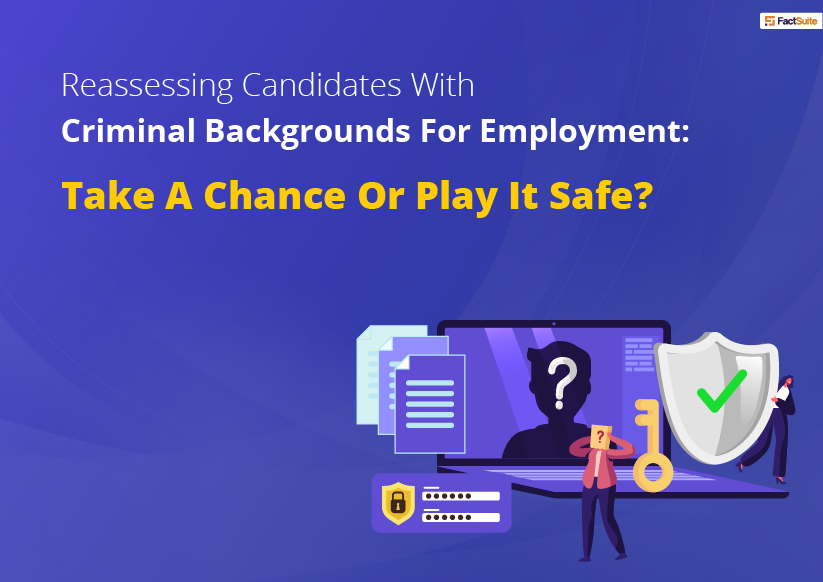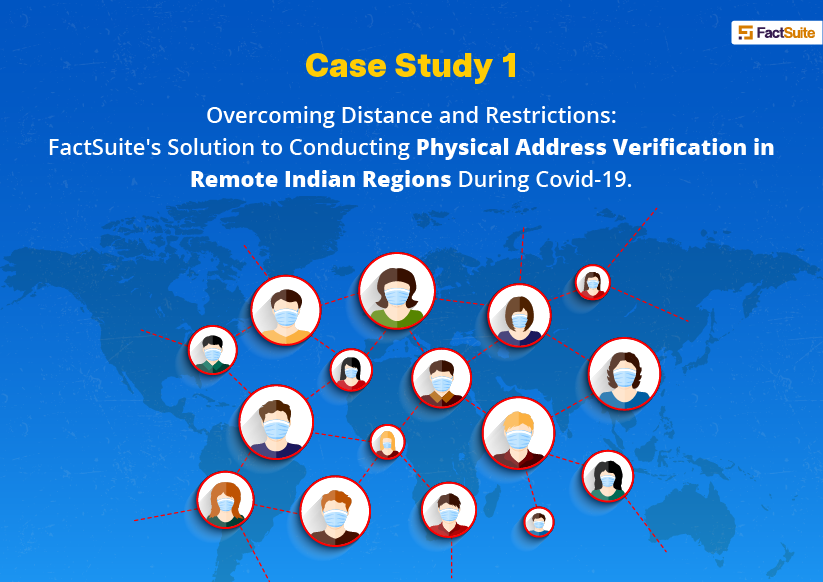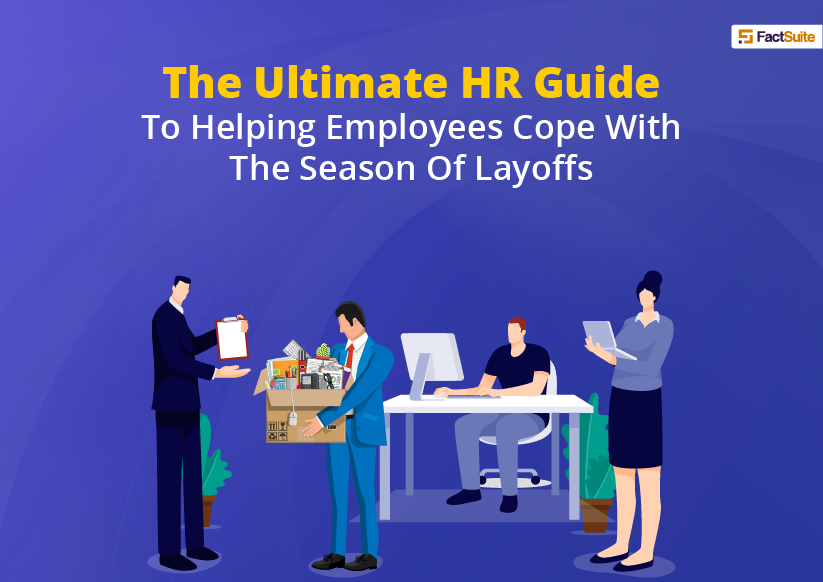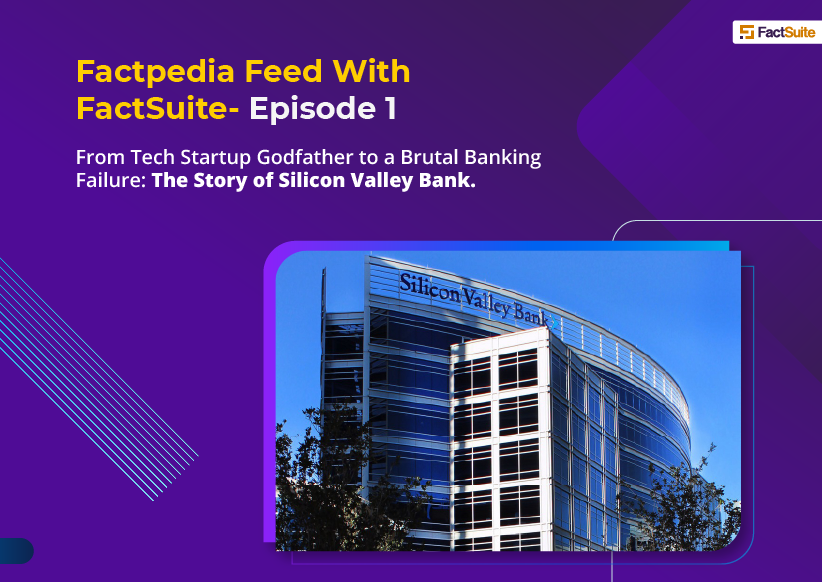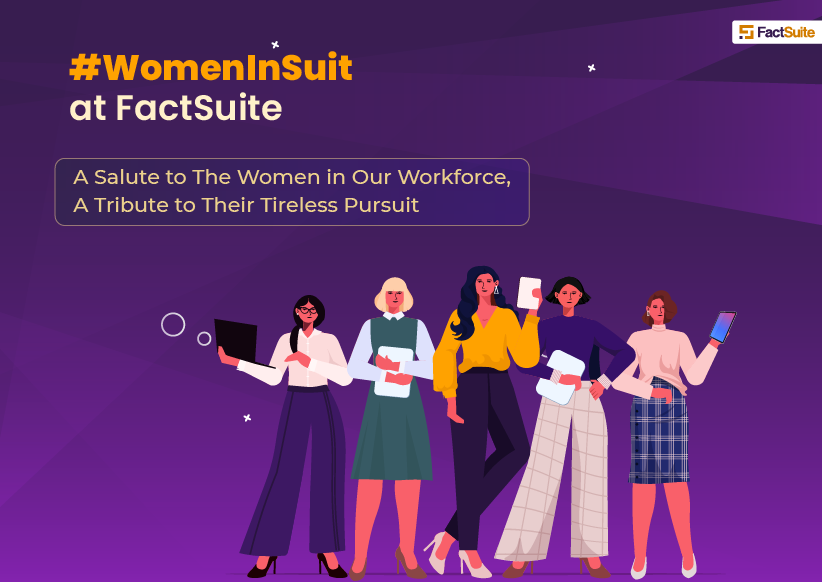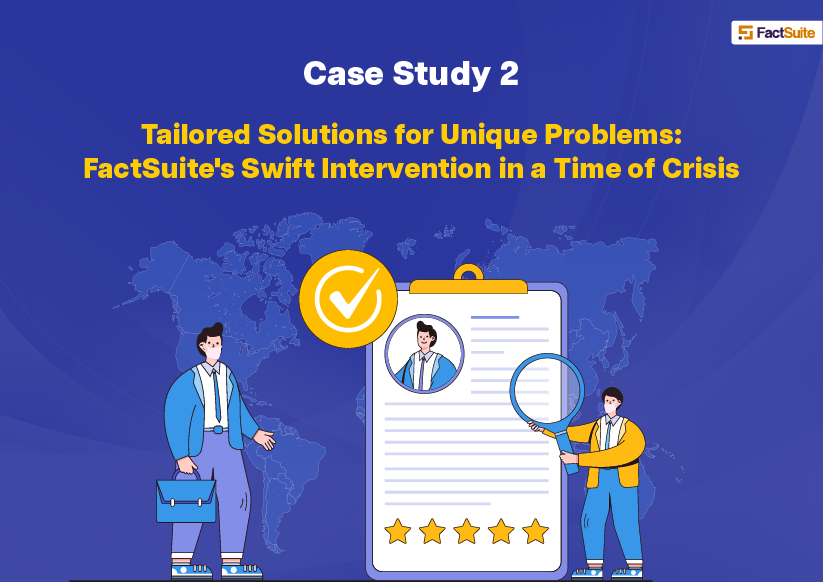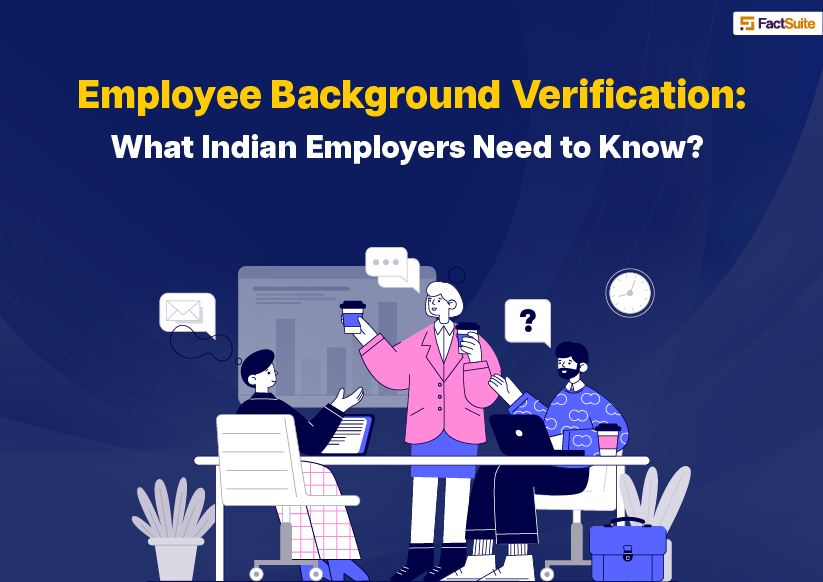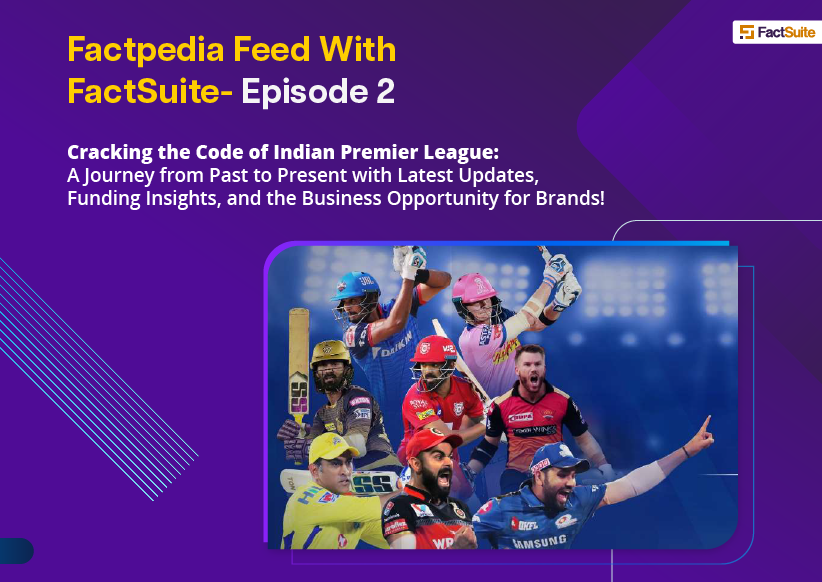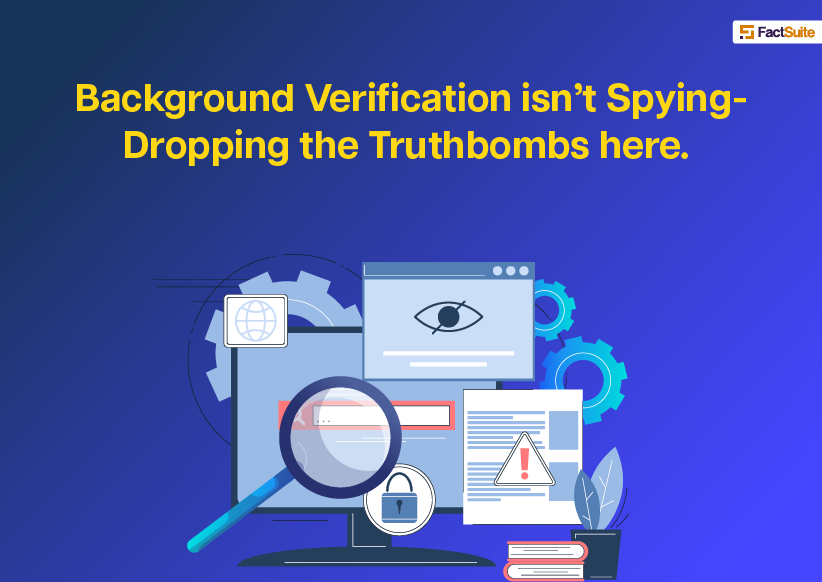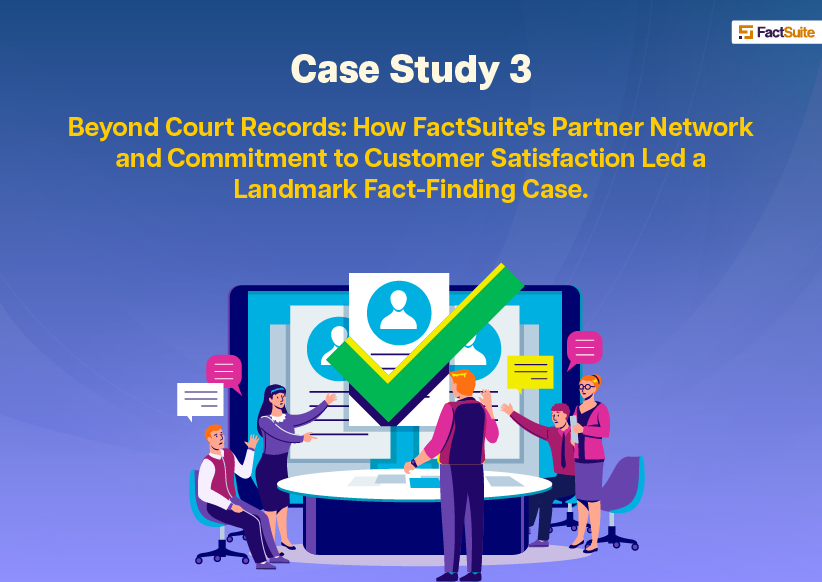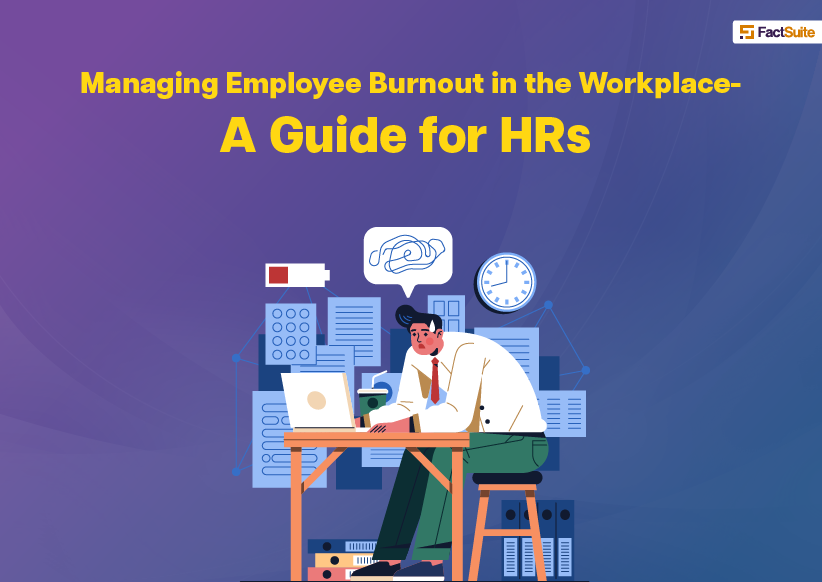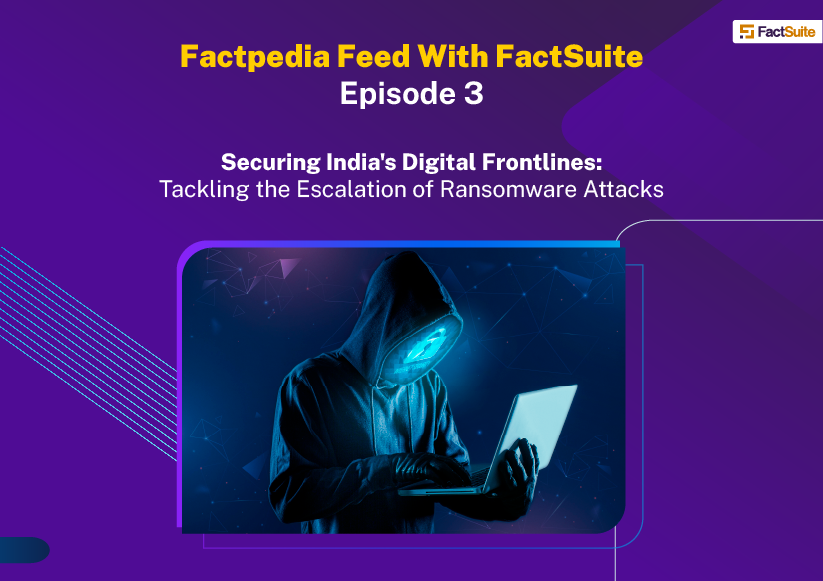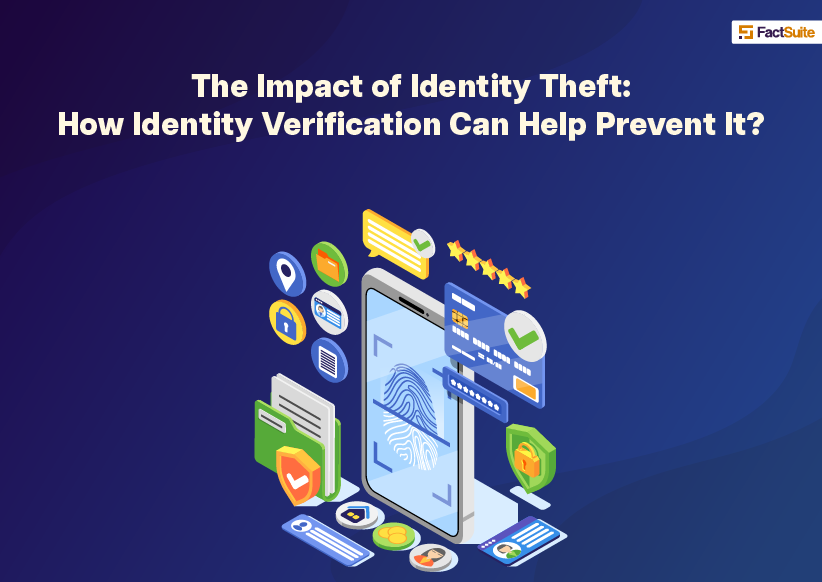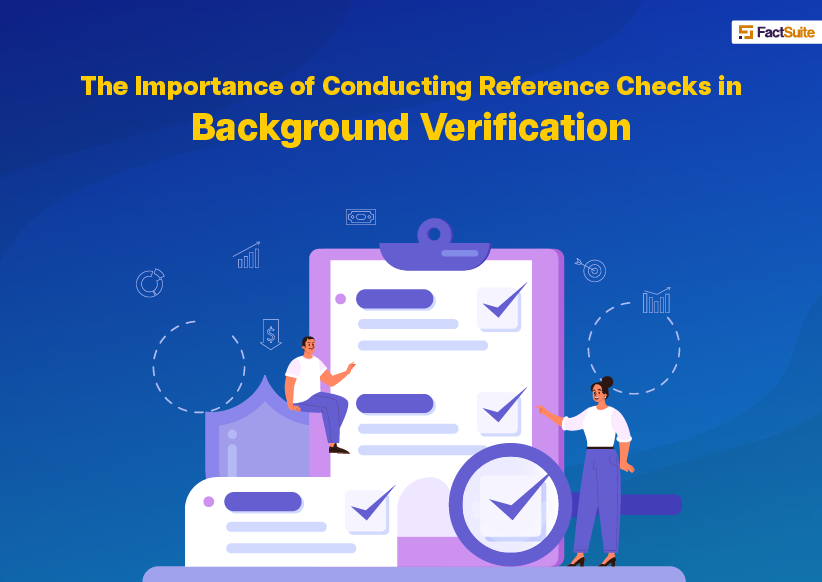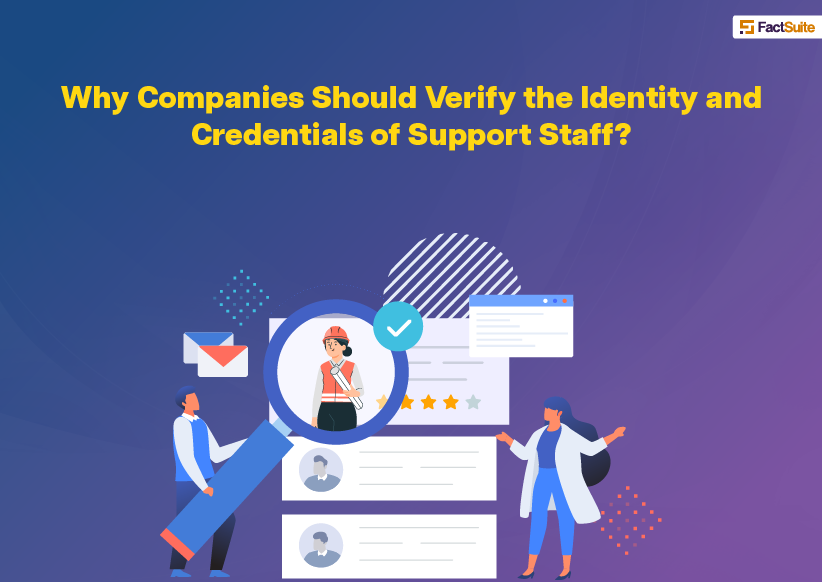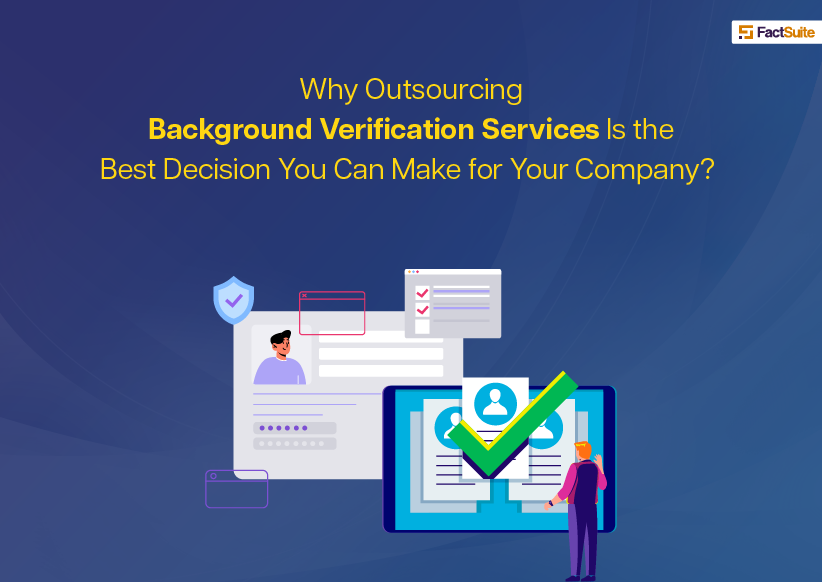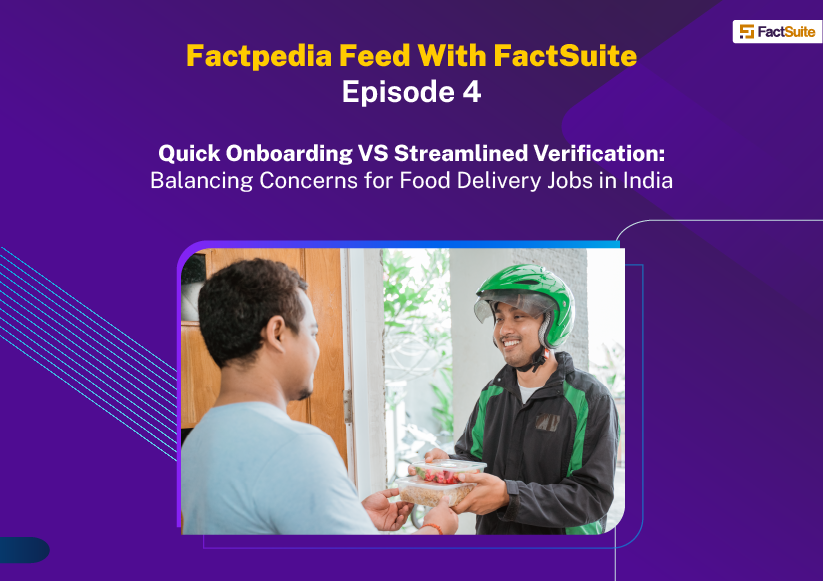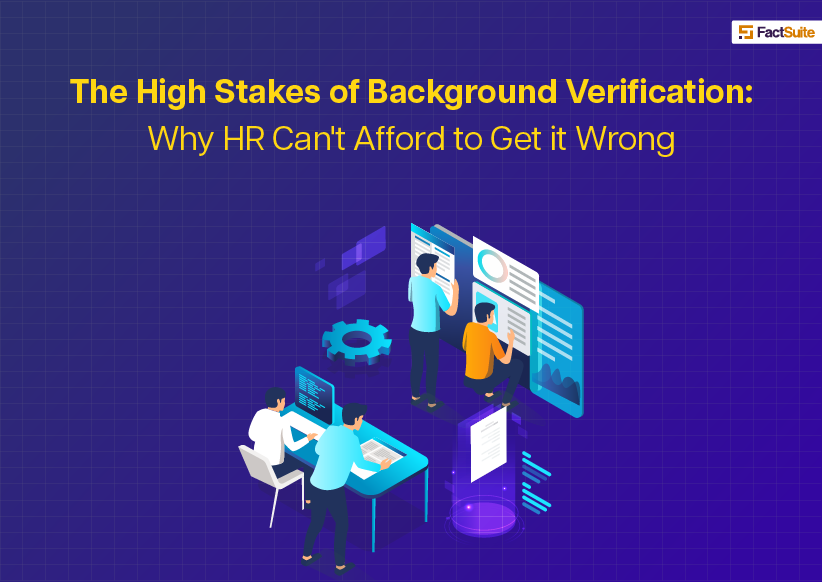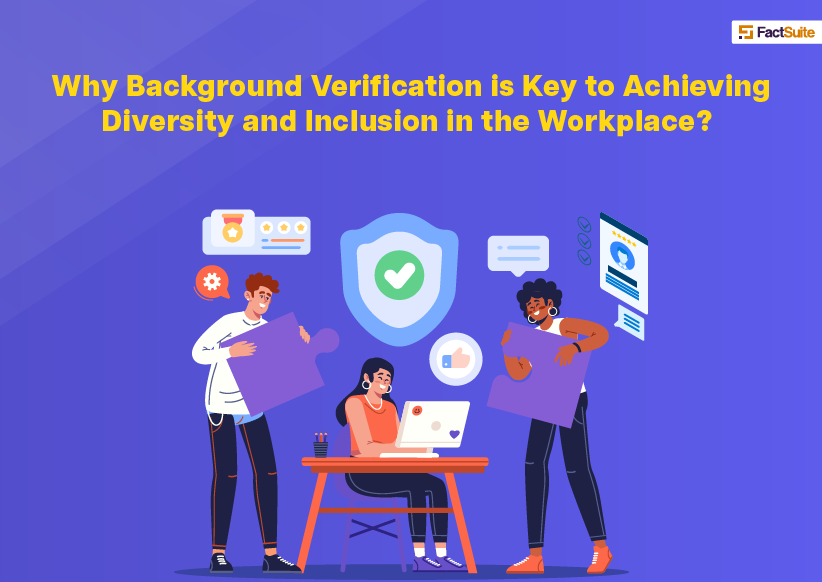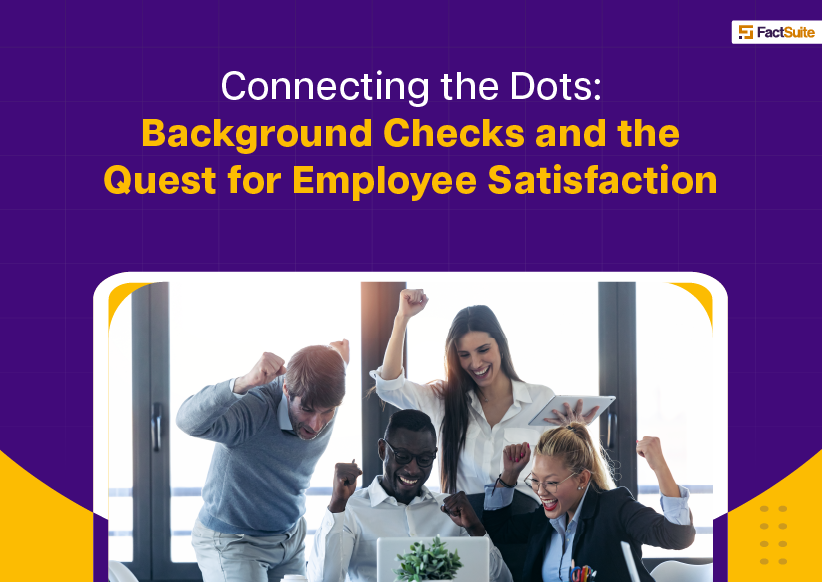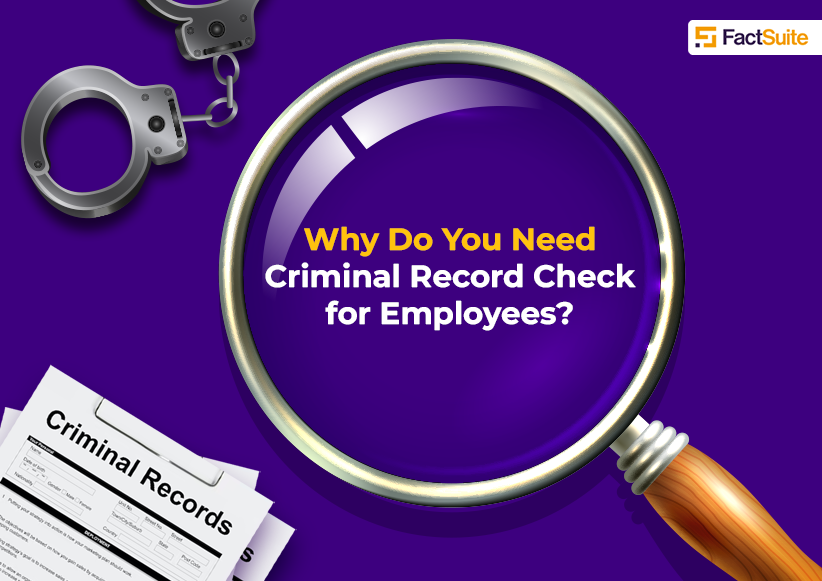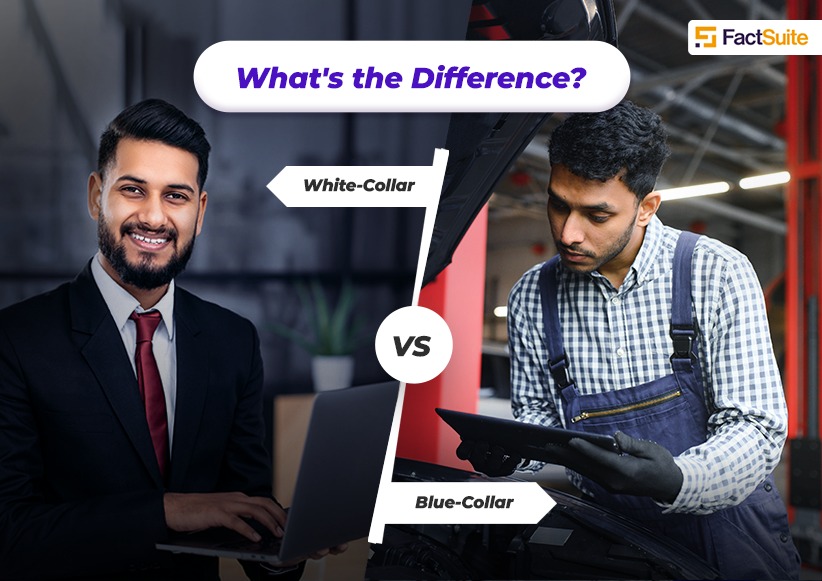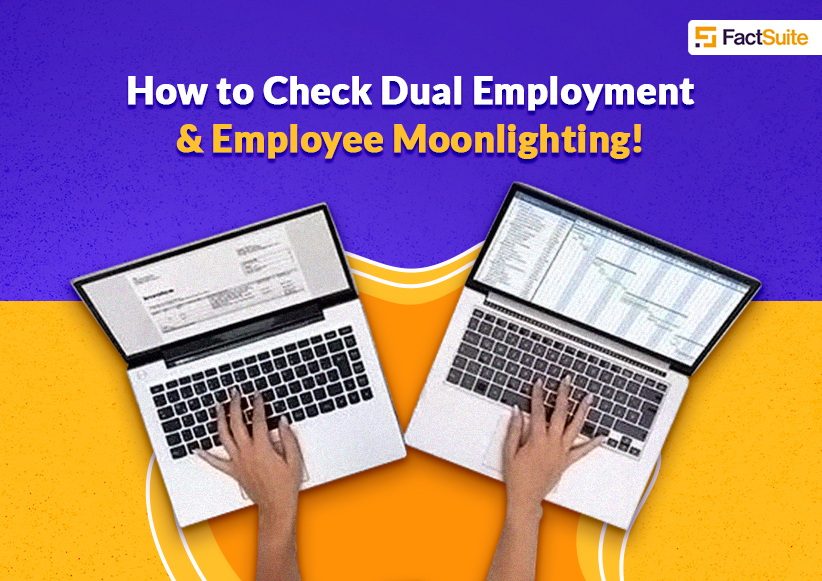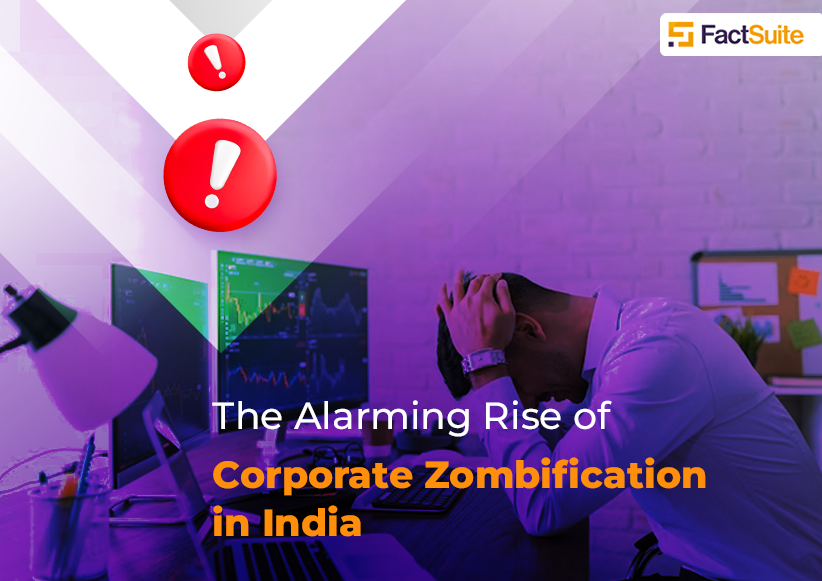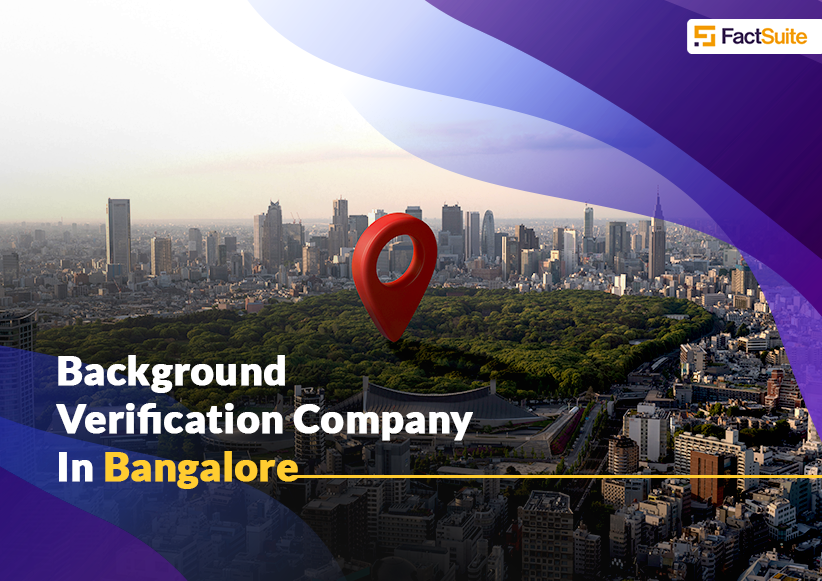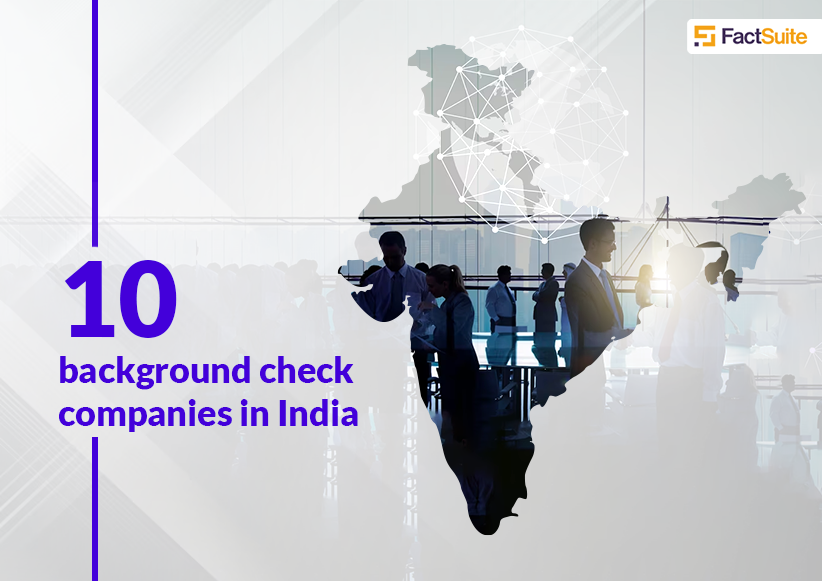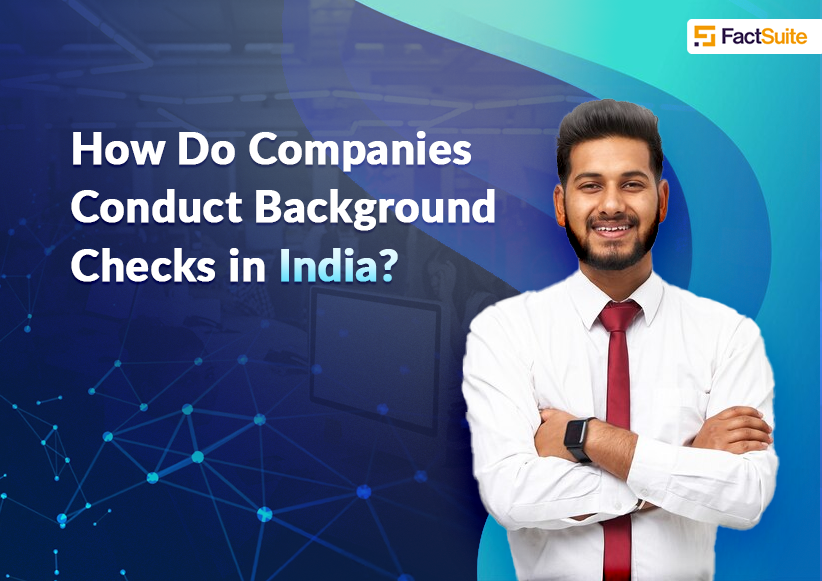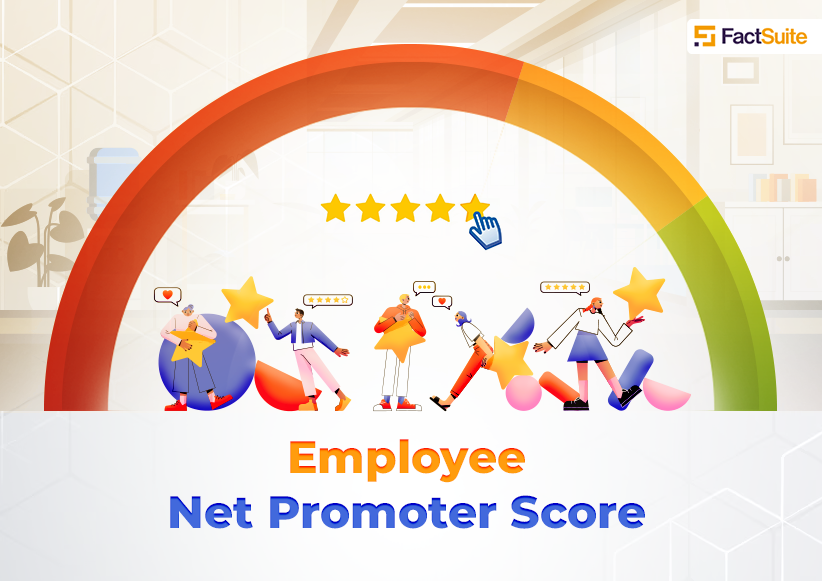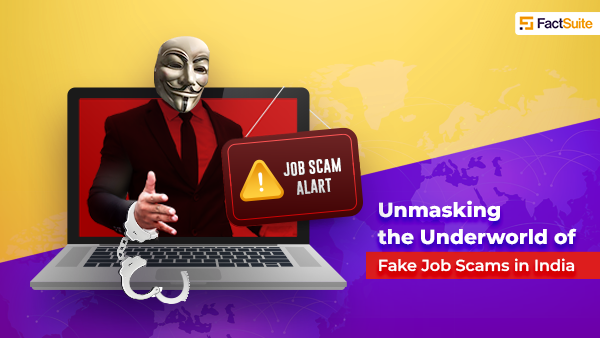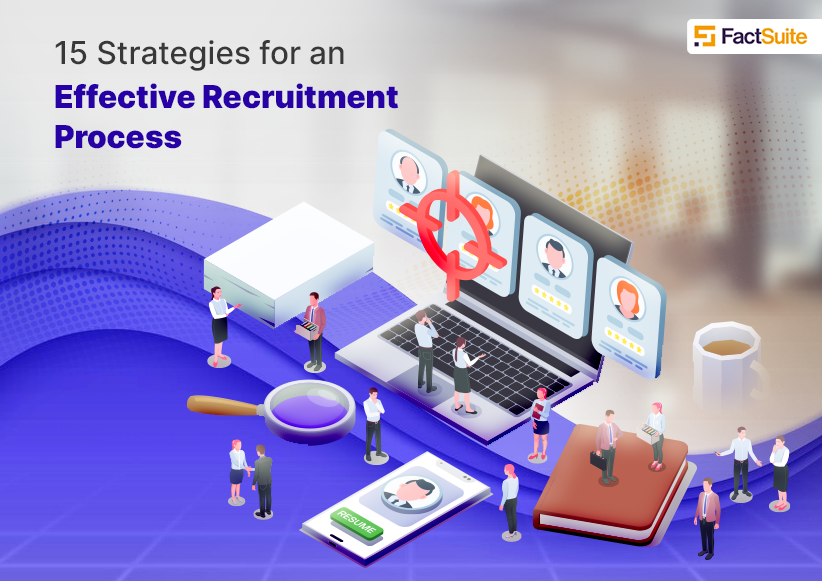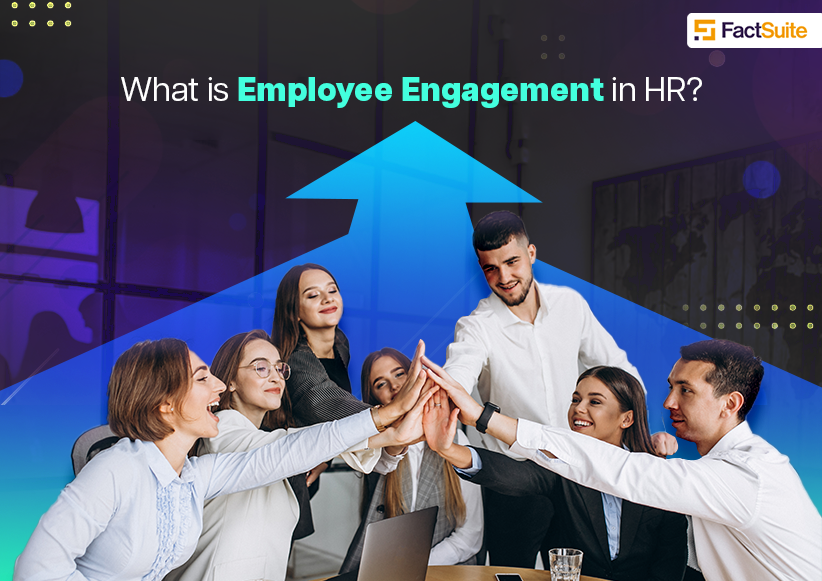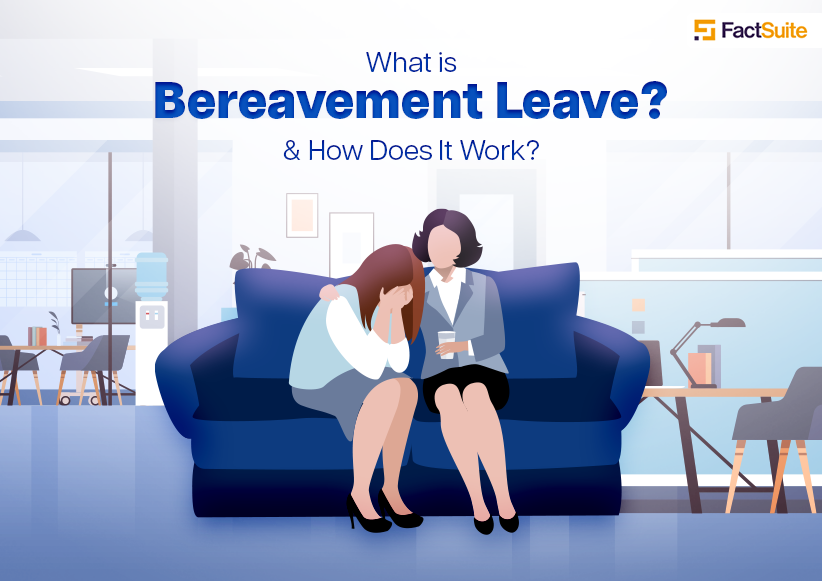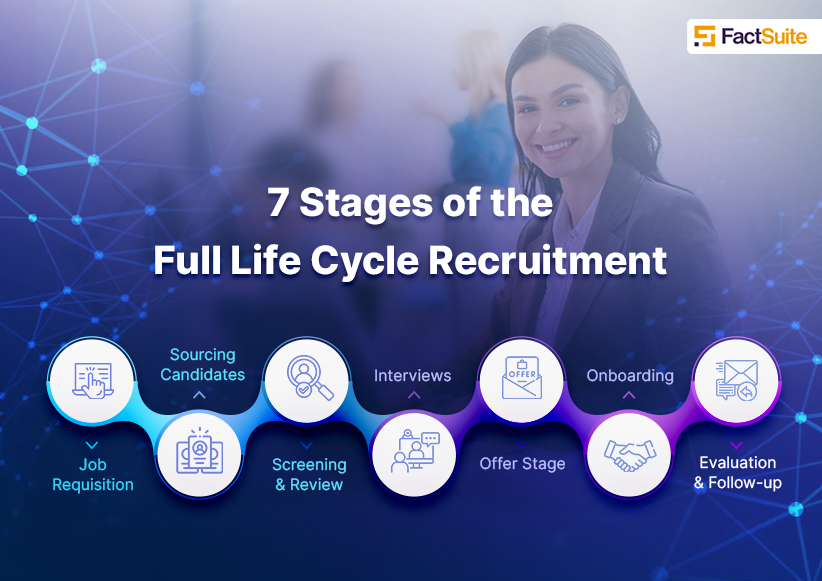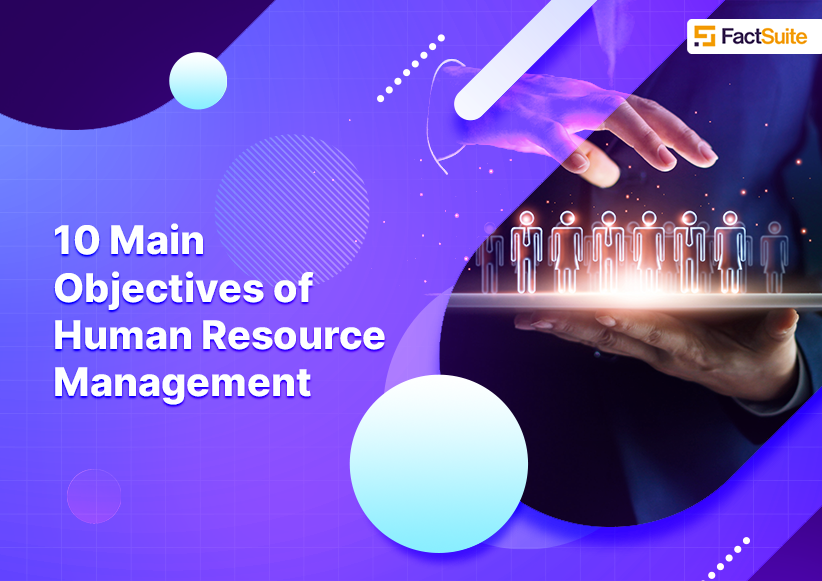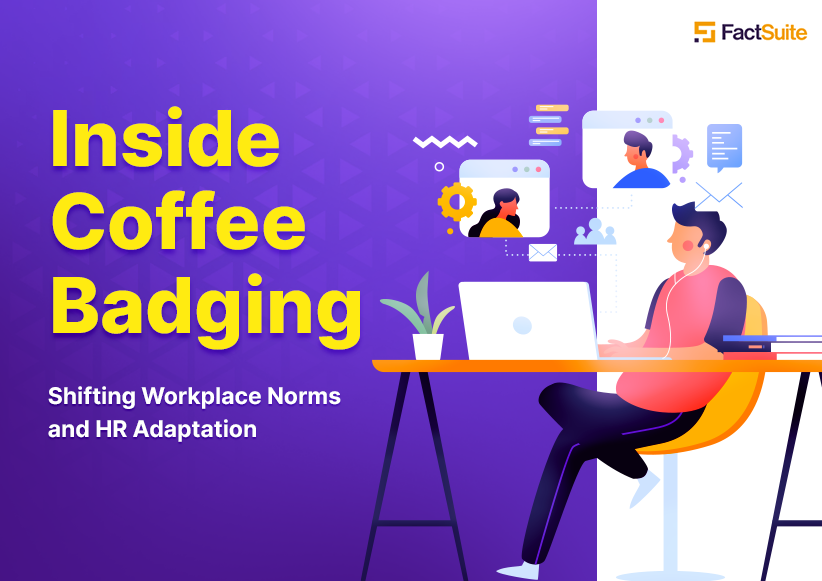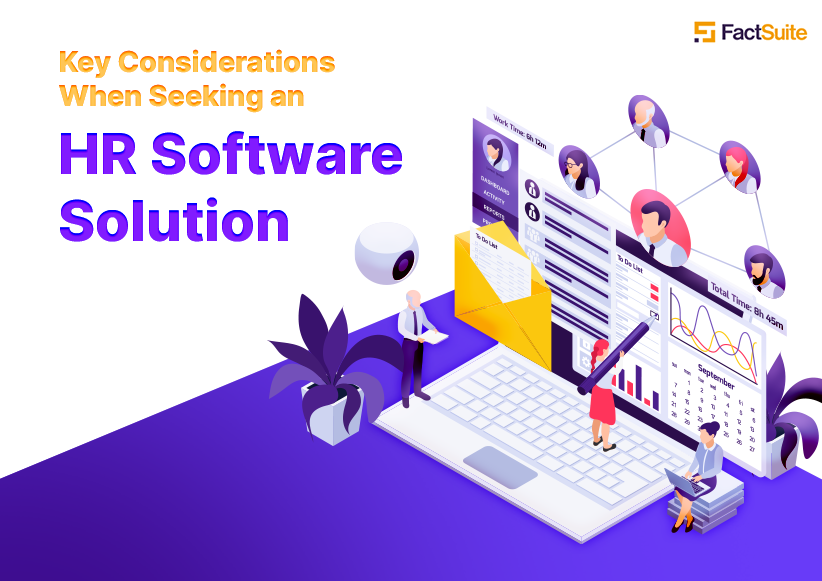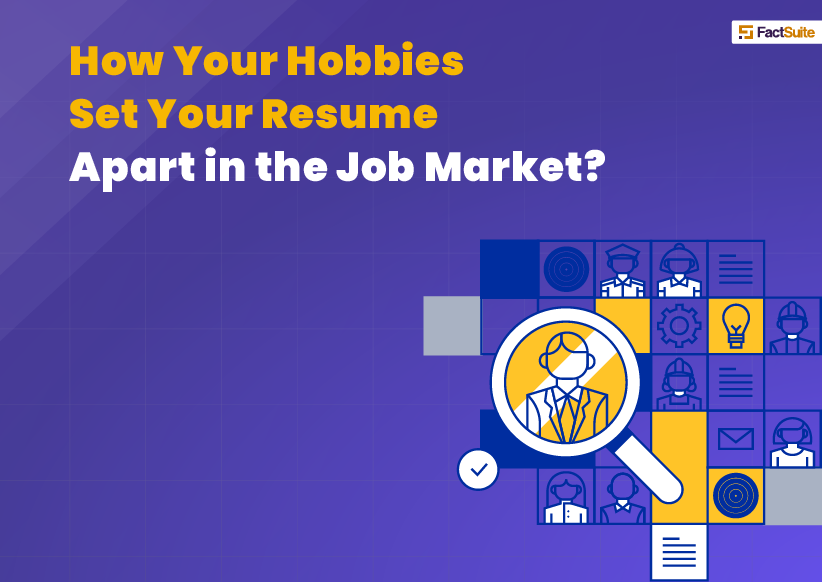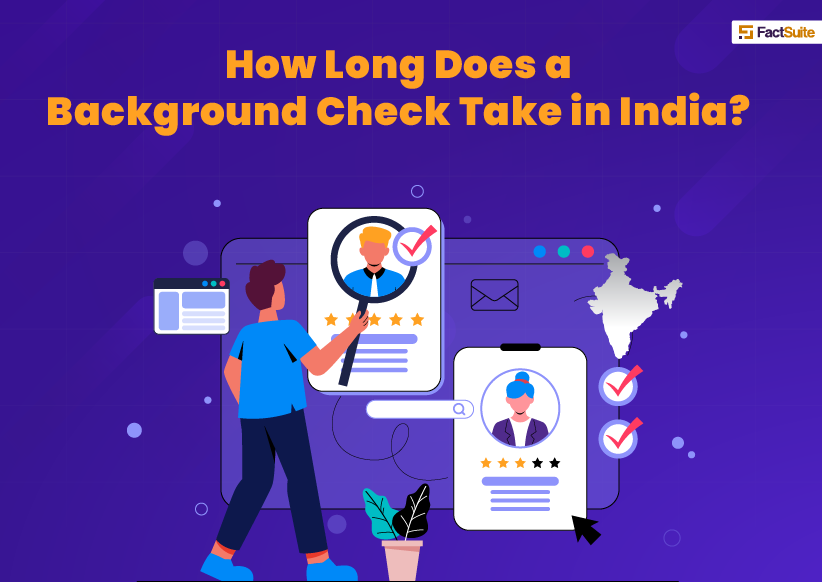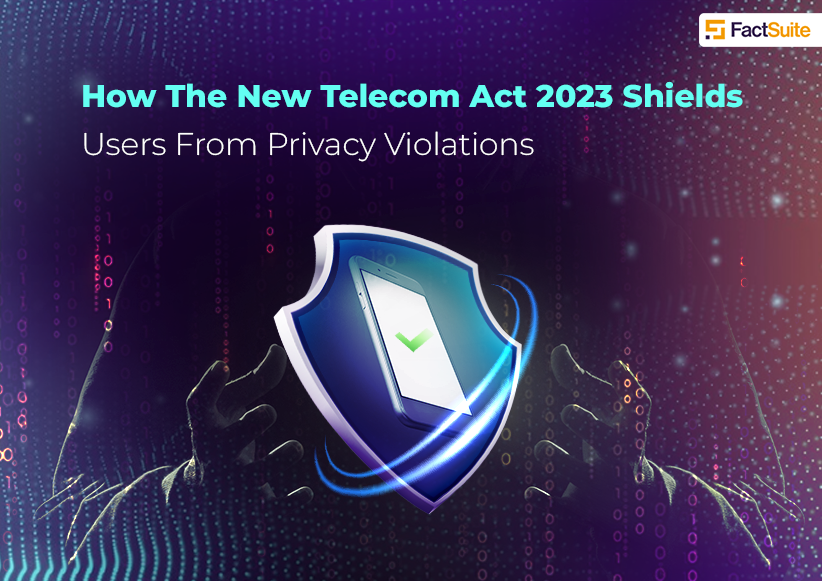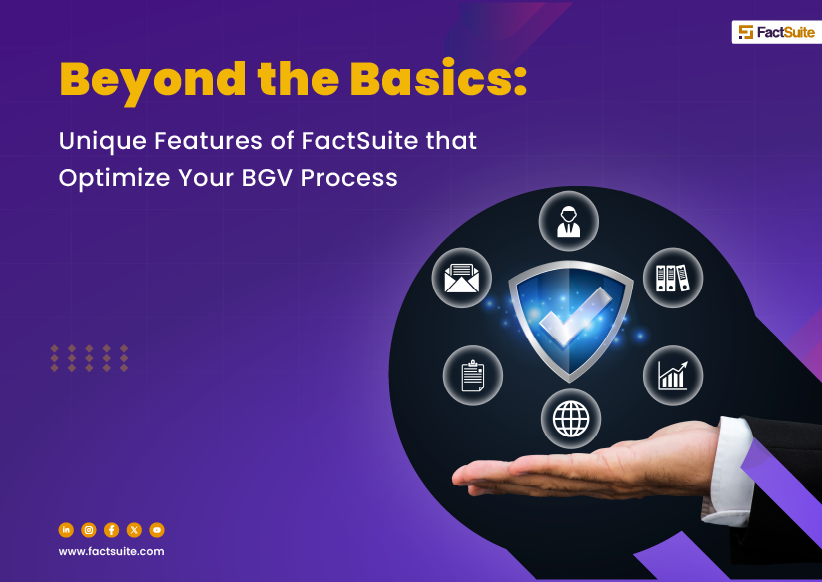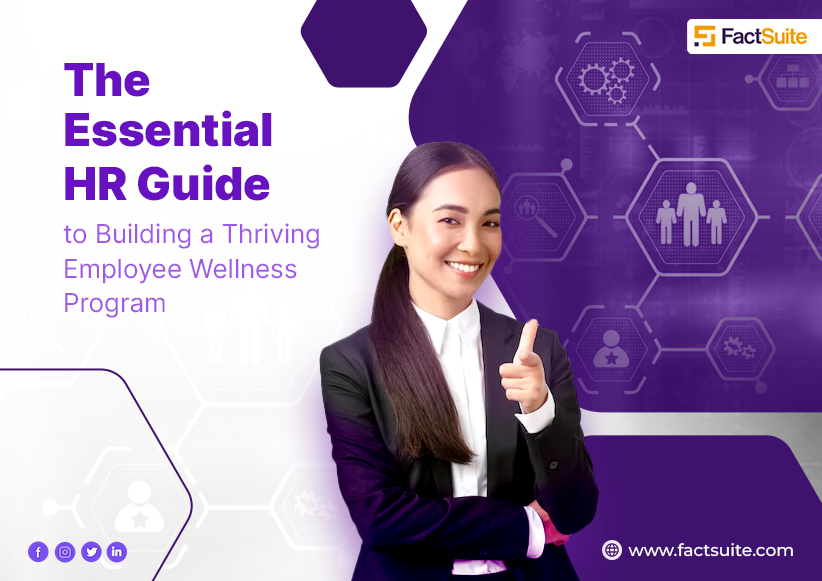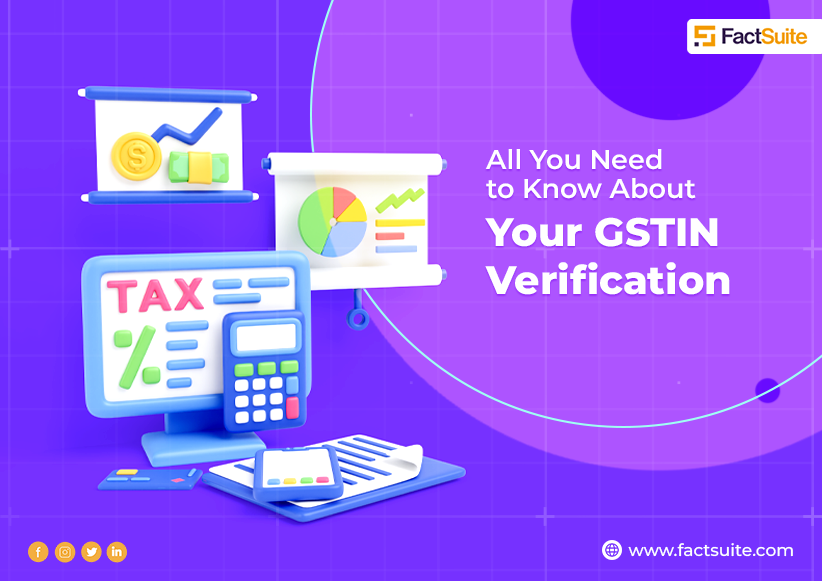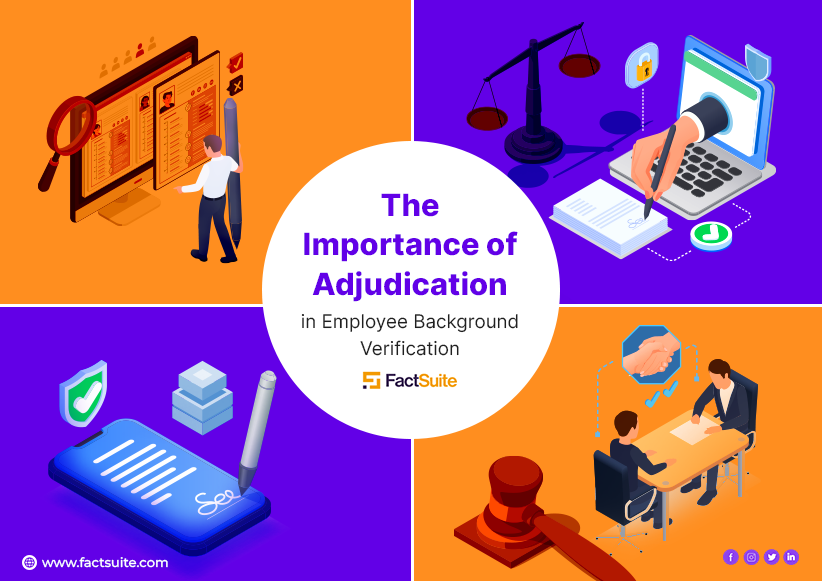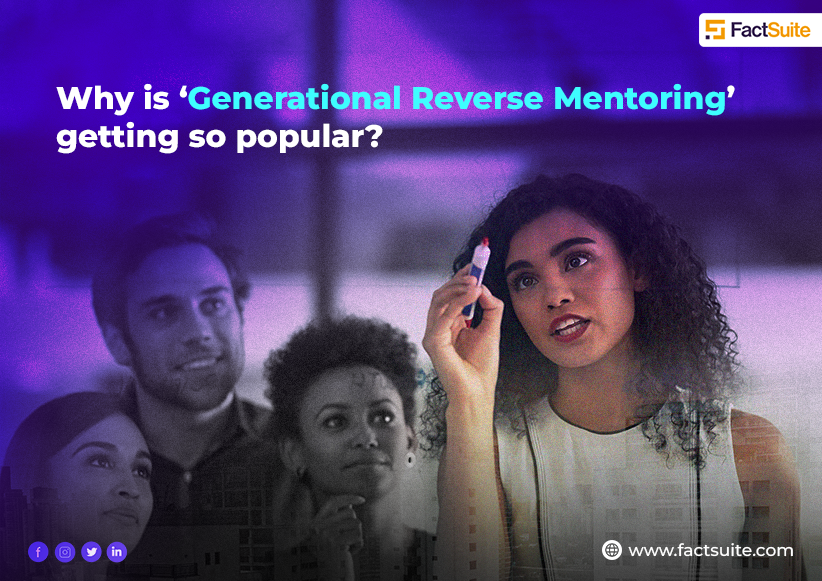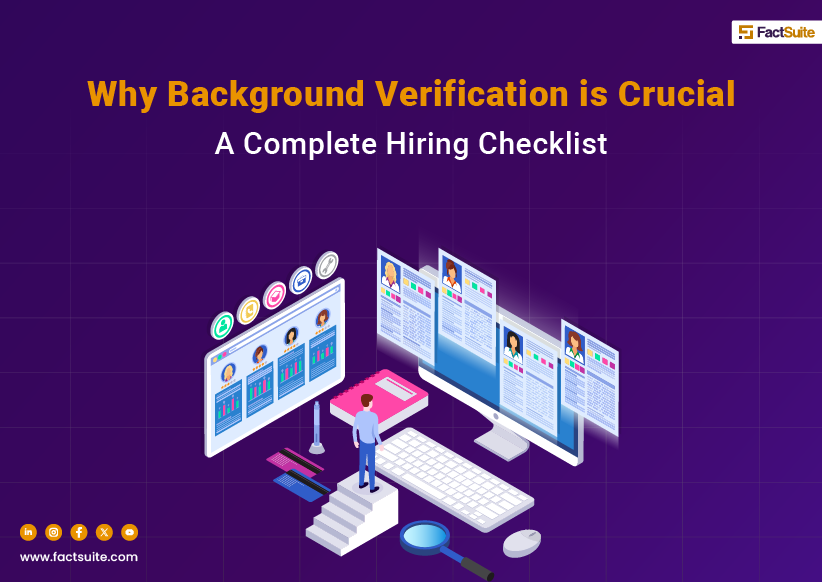Uncovering Undisclosed IT Industry Moonlighting Through Background Verification

Introduction
The emergence of the gig economy and remote work has sparked a new buzz around ‘what is moonlighting’. But for Indian IT giants, what is moonlighting is simply a risk. Even though it gives flexibility and money advantages to workers, there are worries about secrecy, output level and possible clashes in interest when you have two jobs at once.
Now, we can talk about the role of background verification in detecting and preventing dual employment. When companies are trying to deal with the increase in undisclosed employees who moonlight, background checks have a strong influence on finding possible conflicts and making sure employees follow company rules and not indulge in dual employment.
Table of Contents
1. Why are IT professionals drawn to moonlighting?
- Skill Development
- Financial
- Work-Life Balance (Ironically) "
2. Why the Big Chill? IT Companies and Moonlighting
- Worries of Confidentiality
- Productivity Paralysis
- Resource Rhapsody
3. Catching the Moonlighters
- EPF (Employee Provident Fund) Data Analysis
- Social Media Sleuthing
- Internal Reporting Systems
- Work Time Tracking and Activity Monitoring
4. Burned Out by Moonlight?
- Burnout and Exhaustion
- Work-Life Imbalance
- Conflicting Loyalties and Contracts
5. Is Moonlighting Illegal in India? The Legal Landscape
6. What Should Employers Do? A Brighter Future
Why are IT professionals drawn to moonlighting?
There are several reasons why to moonlight or induldge in double employment is particularly attractive for IT professionals:
-
Skill Development:
Moonlighting can be an excellent method for acquiring new abilities and expanding your work-related possibilities. By handling freelance jobs or commencing a side business, you could amass expertise in fields not necessarily offered by your present occupation. -
Financial:
Moonlighting can be a way to earn more money, which is useful for achieving financial targets, saving for upcoming plans or just having additional spending funds. -
Work-Life Balance (Ironically):
Surprisingly, for some people, having a side job can help to create more balance between their work and personal life. It provides an opportunity for them to follow their passions or hobbies that are not related to the main employment they have, giving feelings of satisfaction and creativity.
Why the Big Chill? IT Companies and Moonlighting
As we define moonlighting it is critical to understand that there are several reasons why IT companies might be wary of employees who moonlight:
-
Worries of Confidentiality:
Revealing secret details or having a job that competes with ours could increase the chance of data breaches and clashes in interest. -
Productivity Paralysis:
Handling two jobs at once could result in tiredness and lack of concentration, which might affect how well you do your main job. -
Resource Rhapsody:
Employees might use company resources such as time or equipment for their side jobs, which causes concern to the companies.
Catching the Moonlighters
Maybe people are motivated to moonlight because they want more money or skills, but IT companies also have their own reasons. They need to protect confidential information and make sure that employees concentrate on their main roles. This is why they create different ways - some usual, some not so much - for keeping an eye on moonlighting activities and define moonlighting strictly in their terms. Let's examine these methods more closely and discuss the ethical aspects of them to understand what is moonlighting:
-
EPF (Employee Provident Fund) Data Analysis:
The way of evaluating social security program's data like EPF is to check on the employee's contribution. Companies could detect differences between declared income and contribution amount, which might suggest more sources of income. But the legality of this method can be argued about. Worries about employee privacy are real, and some people say companies are going too far by utilizing social security information like this. -
Social Media Sleuthing:
Companies could search through employees' social media profiles, looking for signs of side jobs that go against official company regulations. This might include scanning for independent worker sites where the employee provides services, posts on social media about a side business or even online ads promoting the person's moonlighting work. The ethics in this area may be unclear. Though companies have a claim to safeguard their interests, monitoring social media extensively could be viewed as an intrusion of privacy. This is particularly relevant for personal accounts not connected with the individual's professional activities. -
Internal Reporting Systems:
A few companies create private reporting hotlines where workers can report suspected moonlighting, or they motivate their colleagues to do so. Although this method may successfully reveal hidden work, it could also promote an environment in the workplace characterized by lack of trust and suspicion. -
Work Time Tracking and Activity Monitoring:
Software for checking when employees login, their computer activities, and the speed at which they complete projects could be utilized by companies. This might aid the evaluation of productivity levels and detect possible time management problems. However, a crucial aspect is to find balance as excessive monitoring can create a feeling in employees that they are constantly being watched, affecting both morale and trust.
Burned Out by Moonlight?
To moonlight or have double employment may seem like a good way to make extra money and gain new skills, but you must think about these possible disadvantages too:
-
Burnout and Exhaustion:
Handling two jobs can cause you to work for extended periods, which puts a lot of strain on your body's energy and mind. Working long hours might make you tired, lose concentration and eventually suffer from burnout. This affects how well you do in each job as well as your general health situation. -
Work-Life Imbalance:
It is hard to keep a good difference between work and personal life with moonlighting. You might always feel too much work pressure, leaving no time for relaxing or doing enjoyable things. This could affect your relationships and how well you feel in general. -
Conflicting Loyalties and Contracts:
Moonlighting might lead to situations where your loyalty gets divided. Be cautious about possible conflicts of interest, particularly if your side hustle matches with the industry of your main job or deals with clients who are rivals. Moreover, make sure that any moonlighting you do does not breach non-compete sections in your employment agreement.
Is Moonlighting Illegal in India? The Legal Landscape
In India, there is no distinct law that forbids moonlighting or double employment. Yet, companies can establish rules against it within the scope of employment contracts.
What Should Employers Do? A Brighter Future
Instead of a crackdown, some experts suggest a more collaborative approach:
-
Open Communication:
Creating an environment of openness and talking about worries regarding moonlighting can result in improved comprehension. -
Flexible Working Arrangements:
Providing flexible work choices can assist workers in balancing their responsibilities and decrease the requirement for them to take on second jobs. -
Pay Arrangement:
Making sure that workers feel they are receiving a fair payment can reduce the financial drive to take on extra tasks.
The talk about moonlight in IT is not finished. With more changes happening in the gig economy, businesses must look for a middle way to guard their benefits while creating an atmosphere where workers can do well.
